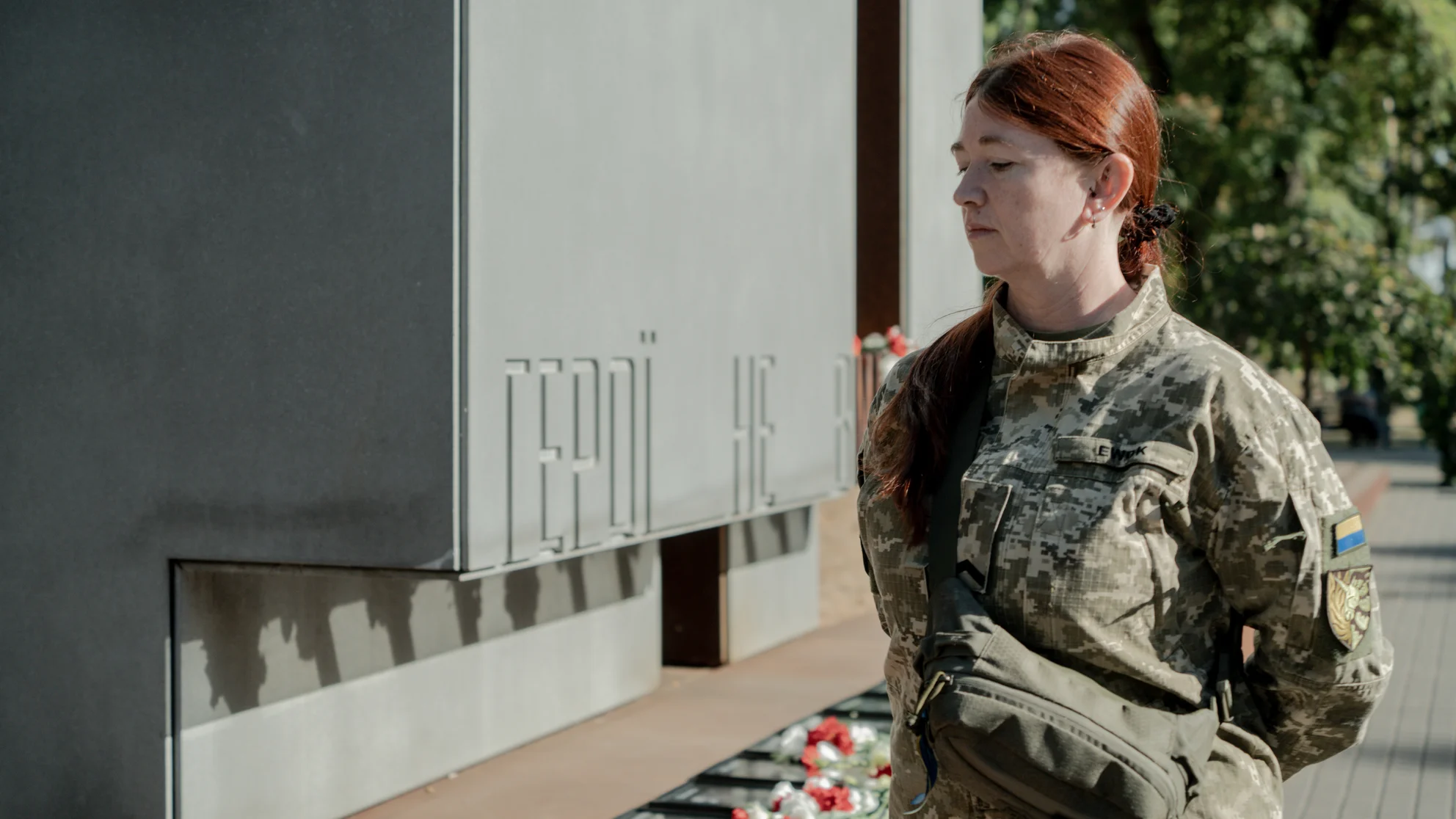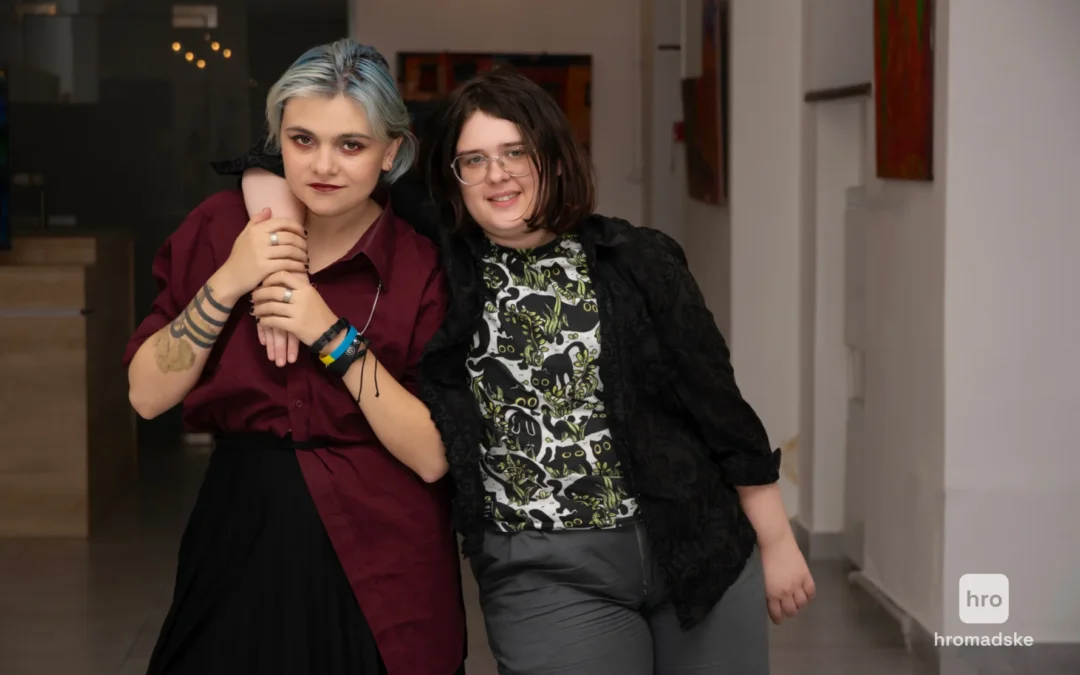How Queer People Live in Frontline City: Report from Zaporizhzhia
The text was originally published in Ukrainian on Hromadske
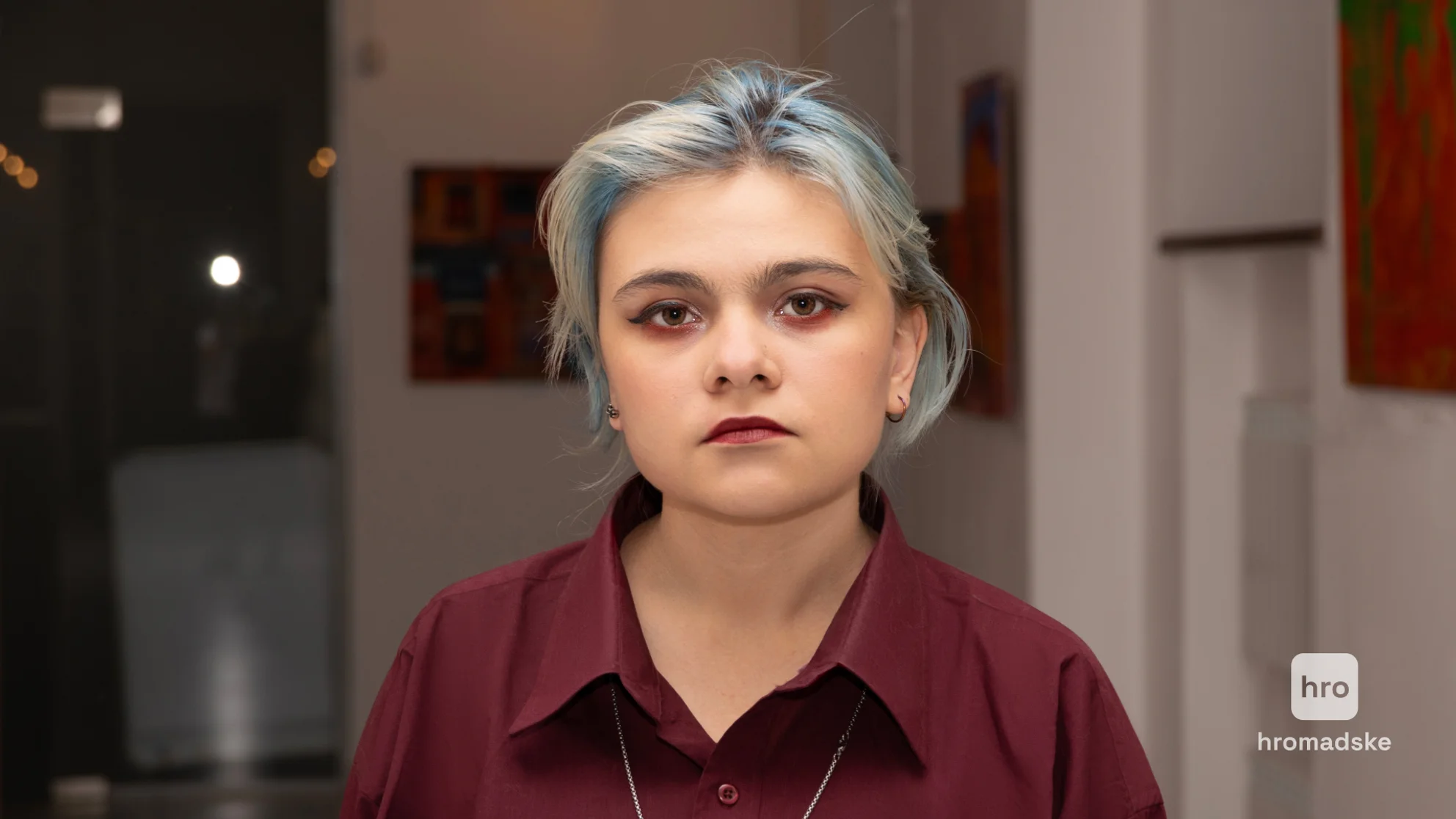
A non-binary person named Mind
Valeriia Konstantynova / hromadske
Due to the full-scale war, many LGBTQI+ people were forced to leave their homes. A non-binary person named Mind (pronouns he, she, they — ed.) is from Makiivka. He left there after the start of the full-scale invasion. He turned to Insight Zaporizhzhia for shelter and help.
Contents
“When there was no money, the organization provided me with the food packages. Even the project manager, Nataliia Lobach, simply out of her kindness helped with her own money when the situation was critical. I also turned to the organization for psychological help. I still go to the Insight psychologist. She helps me to put everything on the shelves in my head. In general, the organization unites everyone who needs support and creates a healthy community around us. Even though it turns into a bubble over time, I feel safe here,” says Mind.
In the occupied Donetsk region, where he lived, there was no organization that supported them. He never dared to tell their parents about their identity. And when the full-scale invasion began, he started looking for ways to leave. At that time, he was 23 years old and had a “passport” of the self-proclaimed “DPR”.

Mind
Valeriia Konstantynova / hromadske
“After the outbreak of full-scale war, organizations that took people out of Novoazovsk, Mariupol and other occupied cities started to appear. These people were brought to Donetsk through filtration camps. I just found this organization and asked: ‘Can I leave?’ I didn’t even have a Ukrainian passport. I left alone, and it’s a miracle that they didn’t check me, because they could probably turn me back to the occupied lands… I stayed at the checkpoint for only a day, because, as I heard, people could stay there for five days. They searched all their belongings, took away their food, looked for flash drives, and searched their phones. That’s why I’m very glad I was able to leave,” said Mind.
In Zaporizhzhia, Mind burned their “passport” and the city accepted them with understanding:
“Thanks to Insight, I now have friends whom I can trust and open up to. To be with them as I am. I have the best people, like Oleksa, who constantly supports me and gives me the strength to move on.”
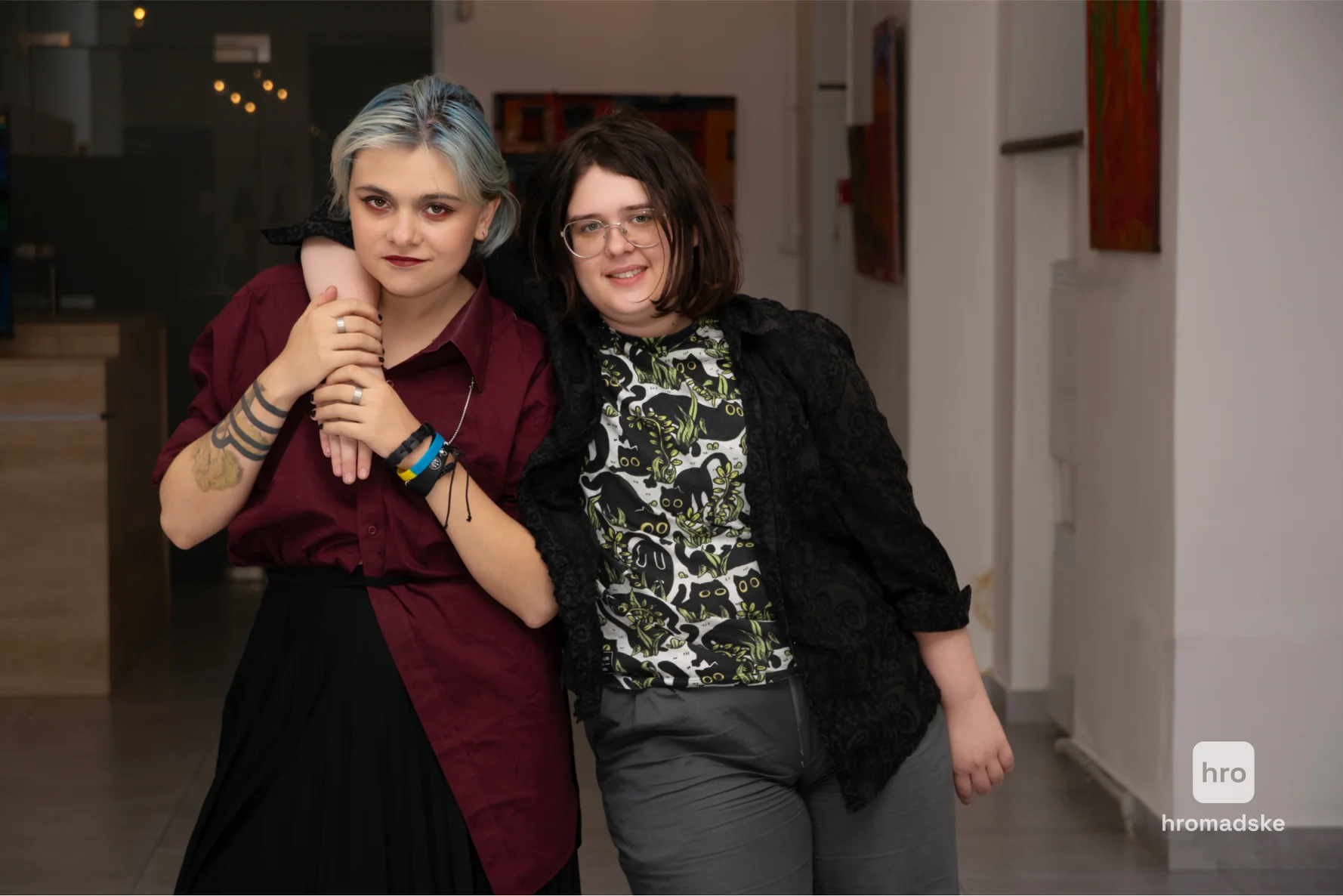
Mind and Oleksa
Valeriia Konstantynova / hromadske
“It’s very difficult to study, work, and do anything when you are queer”
Mind’s friend Oleksa (pronouns he, they — ed.) is a queer, in particular transgender, person. He is grateful to the Zaporizhzhia chapter for his help in difficult times too.
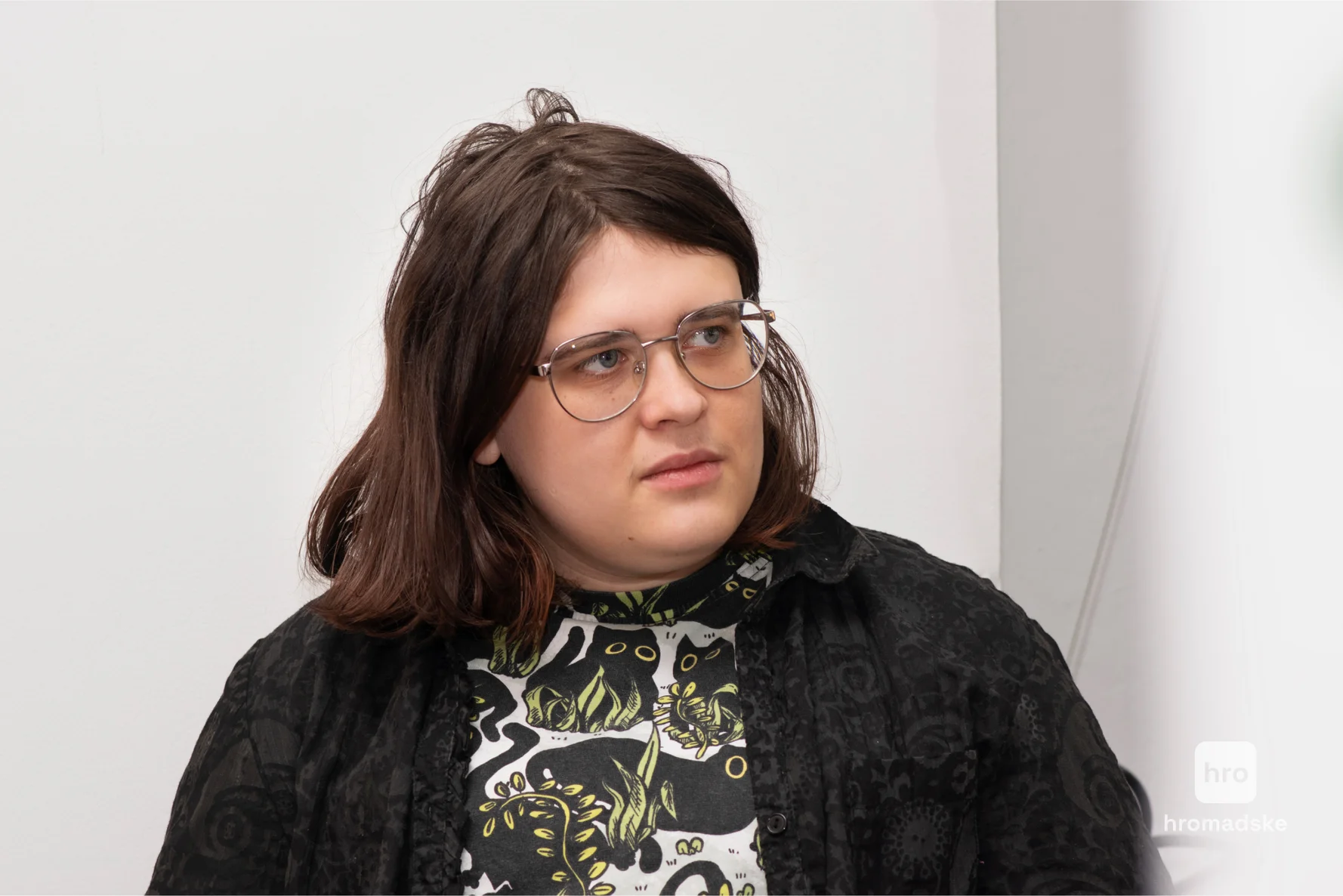
Mind’s friend Oleksa is a queer, in particular transgender, person
Valeriia Konstantynova / hromadske
He came to Zaporizhzhia from the Dnipro region. In his hometown, people did not accept them. In Zaporizhzhia, things did not go smoothly at first either.
“Queer people from my environment suffer not only from the way they are treated in society, but also from the lack of registered partnerships and the absence of any legal protection. Many of my friends have to go through nine circles of hell to get new documents (with a changed name and/or gender marker — ed.). I also faced this. In general, it’s very difficult to study, it’s difficult to work, it’s very difficult to do anything at all when you are queer,” Oleksa adds.
Because of this, he has already had to drop out of university twice.
“When you have the wrong documents (with the wrong gender marker — ed.), and you already realize that you are a transgender person, it seems that you just have to be patient, continue to work and build your life. But it doesn’t work that way. At some moments, I just can’t take it mentally, I’ve had to drop out of university twice because of all this,” he notes.
On humanitarian aid, draft law No. 5488 and hate attacks
We met with another representative of a powerful LGBT+ organization in Zaporizhzhia, Gender Z. In addition to human rights activities, Gender Z provided psychological and legal support, and created a safe space for queer people, says Kostia Andriiev, a representative of the organization (pronoun he — ed.).
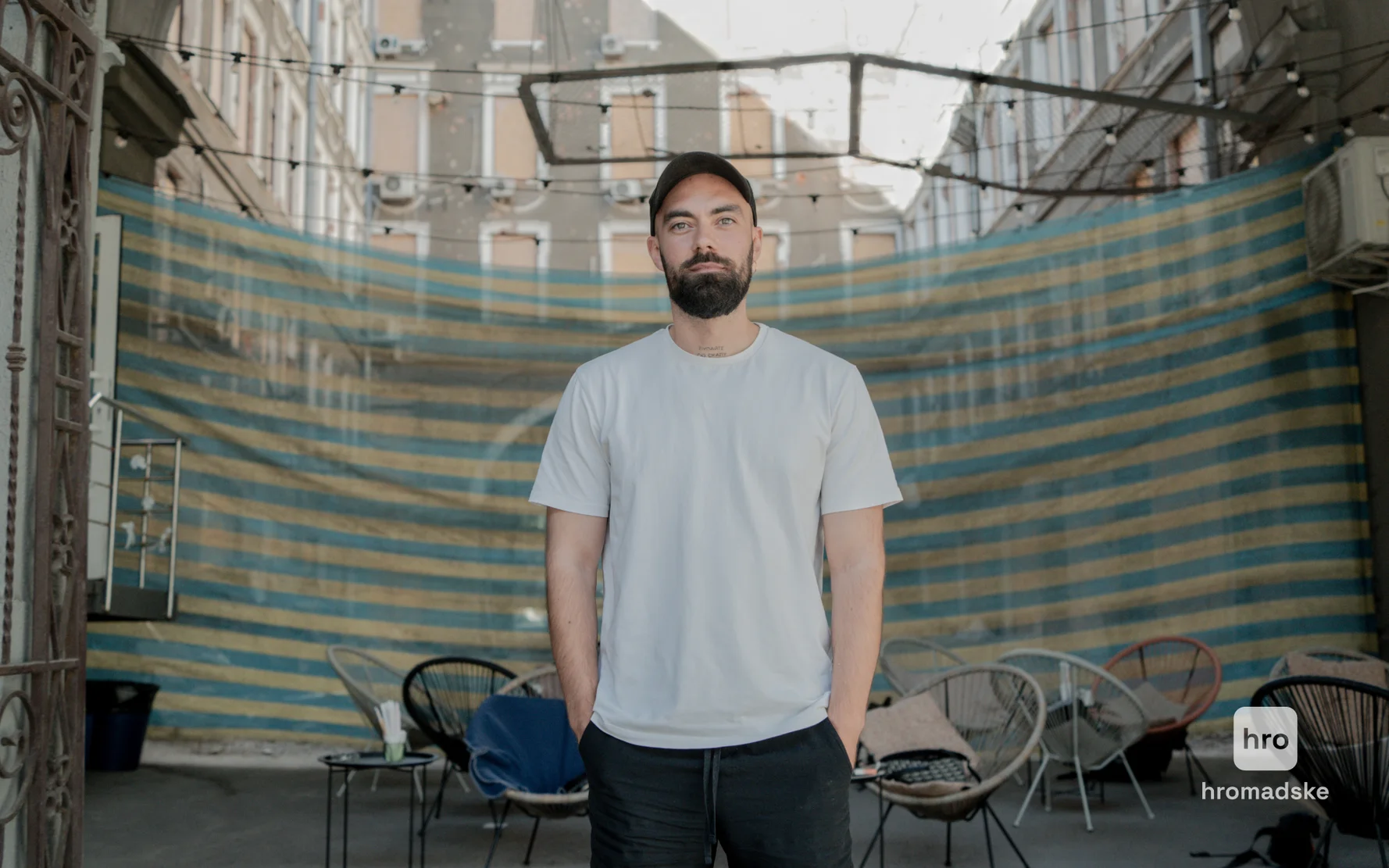
Kostia Andriiev, representative of LGBT+ organization in Zaporizhzhia – Gender Z
Ivan Samoilov / hromadske
“From the very beginning, we had an initiative group that operated on the basis of the HIV service organization 100% Life. We have been meeting in their office since 2009, organizing a variety of events. In 2020, we were already working in our own office. The biggest projects I can highlight are the trainings from the School of Tolerance. Over the 12 years of the project’s existence, we have conducted about 200 trainings within it,” Kostiantyn recalls.
The organization started working in 2009. Back then, it was an initiative group of LGBT activists, and in 2018, the Gender Z team organized the first major event that ended in an attack.
“‘Celebrate Diversity’ was the slogan of Eurovision at the time. Under this slogan, we held our first open action near the city hall. Because it was open, not just journalists knew about the details of the event, but the locals as well. And it was the first rally where I was injured. Although it was guarded by police, this did not prevent a man from coming and throwing an explosive device into the crowd. Then he was detained and fined 18 thousand hryvnias. It was painful because the man was purposefully coming at us with aggressive intentions. On camera, he said that he did not understand why gays existed at all… That is, he had a clear motive of hatred,” the event organizer adds.
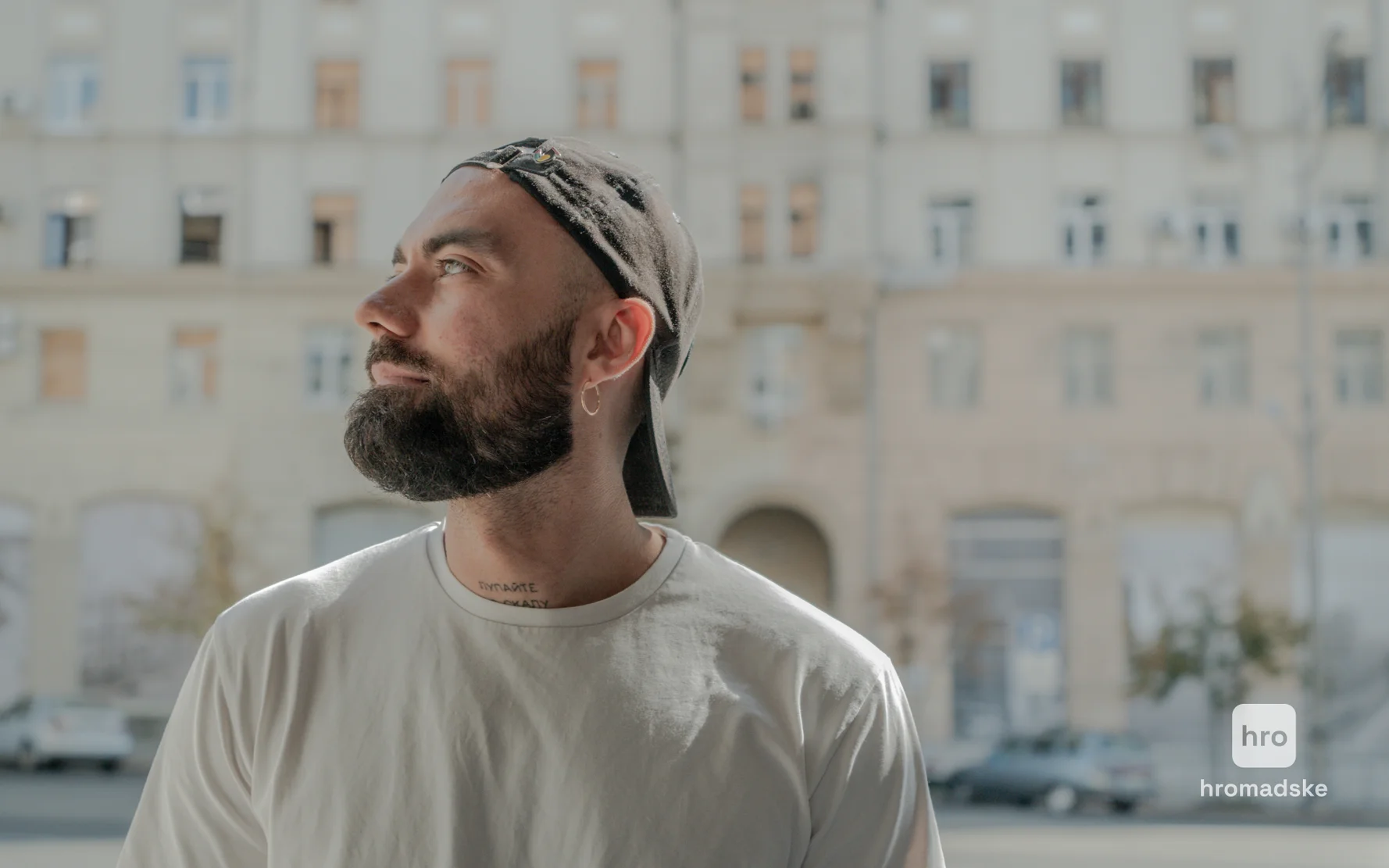
Kostia Andriiev, representative of LGBT+ organization in Zaporizhzhia – Gender Z
Ivan Samoilov / hromadske
Due to the rapid spread of COVID-19, the next Pride in Zaporizhzhia was scheduled to take place in 2022. However, a full-scale war broke out.
“I remember the day before. On February 23, I wrote a news story on my website that Russian troops had a list of Ukrainian activists who would suffer the most if there was an invasion. This was claimed by American intelligence. I closed the site and started preparing an announcement of an event for February 24, a group session with a psychologist. When I woke up at 5 a.m. to the explosions, I learned that a full-scale war had begun…” added Kostiantyn.
In those terrible moments, with the sound of missiles, people continued to wait for a session with a psychologist. However, due to security measures, the event was postponed. A week later, Kostiantyn helped locals at the volunteer headquarters. In March, Gender Z distributed humanitarian kits to those who needed them. However, in October of the same year, due to constant missile attacks, the team decided to move to a safer city, Kropyvnytskyi.
“I compiled and submitted to my colleagues lists of Zaporizhzhia LGBT+ people who needed humanitarian assistance. My colleagues from Kropyvnytskyi processed these requests and provided assistance to people. However, I decided to stay and do what I could locally. We supported the military, civilians and even people living under occupation. It was very difficult to work with people in the occupied territories in the first months, but we managed to help them,” the activist shared his memories.
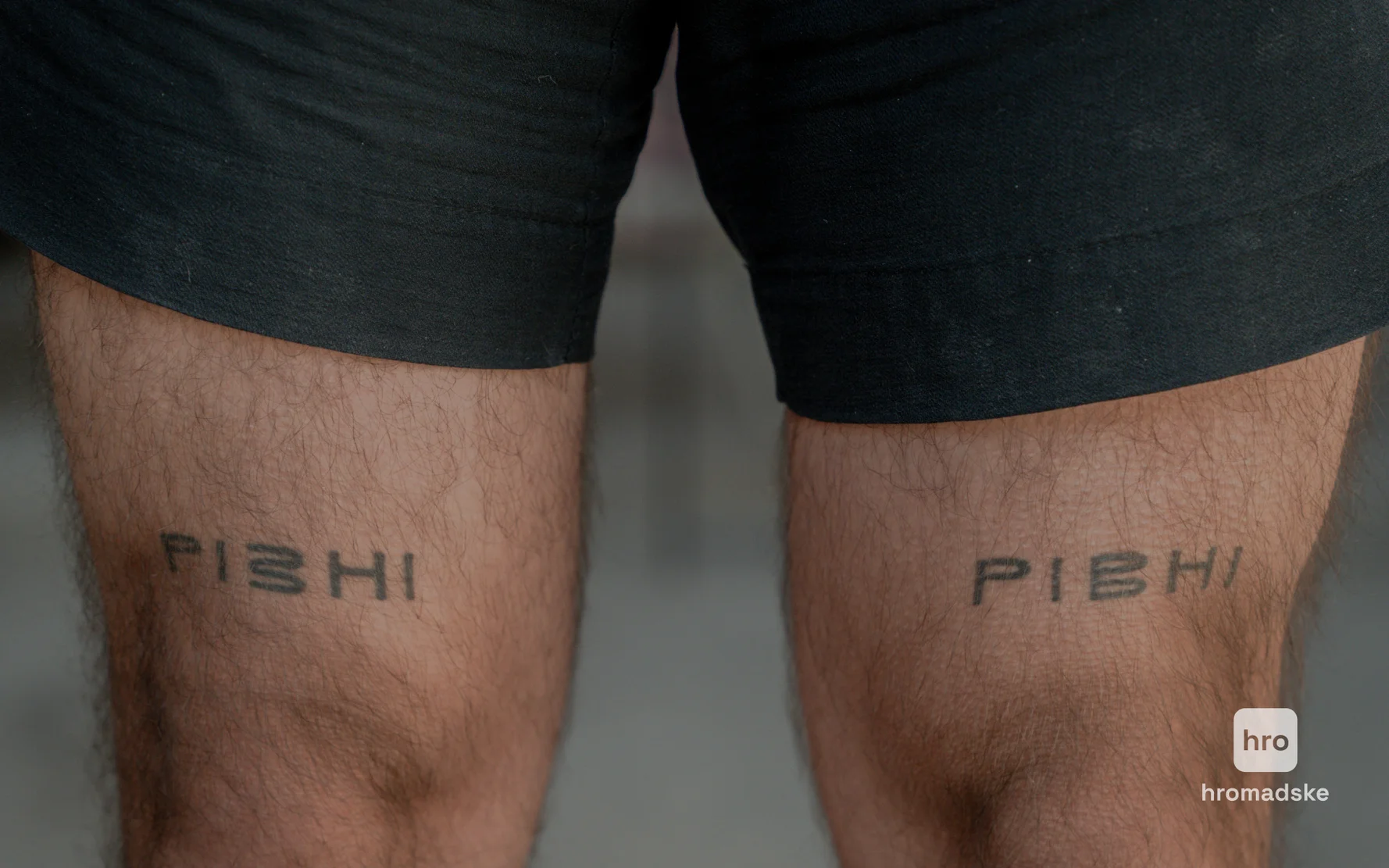
Tattoos on Kostiantyn’s body
Ivan Samoilov / hromadske
It was during the full-scale invasion that Kostiantyn came up with the idea of making creative videos for the community on social media.
“We have ‘gay news’ on Instagram and a YouTube show called ‘Gay Propaganda’ in which our ally, a straight woman, destroys myths and stereotypes about people and the community. Initially, we started with short videos on TikTok, telling news about queerness and the lives of queer people. The idea sounded absurd at the time, especially since we were filming it all on a regular iPhone camera. But the audience loved the content, so we continue to do it,” says Kostiantyn.
Kostiantyn emphasizes the importance of draft law No. 5488, which criminalizes hate crimes. His organization, together with other NGOs, conducts trainings for law enforcement agencies.
“Police officers and investigators who work with hate crimes often do not know how to work with such crimes, what a hate crime is and how to handle it. Most often, such cases fall under the article on hooliganism (although most EU countries have clearly defined laws that separately qualify hate crimes — ed.) That is why it is important for us to work systematically with this topic, to educate them with the support of international donors. Thanks to them, we can raise such topics. And it seems to me that the police are now much more open to LGBT+ people. Not least thanks to us, because we recall the experience of our rainbow flash mobs, pride, and conduct information campaigns,” Kostiantyn noted.
The Gender Z organization reports on new cases of hate attacks on its social media. However, Kostiantyn believes that in recent years, there has been more acceptance and support for queer people in Zaporizhzhia.
“When you live 50 kilometers from the front line, changes seem painful but inevitable. Society has become more active. You feel a constant need to help others. Especially when you see a huge number of military vehicles and ambulances every day, bringing people from the front line. I never thought that the locals could change so much. Just as I never thought that war would come to my land. In terms of attitude towards queer people, we went much further now from where we were 2-3 years ago. And this is good news,” the activist adds.
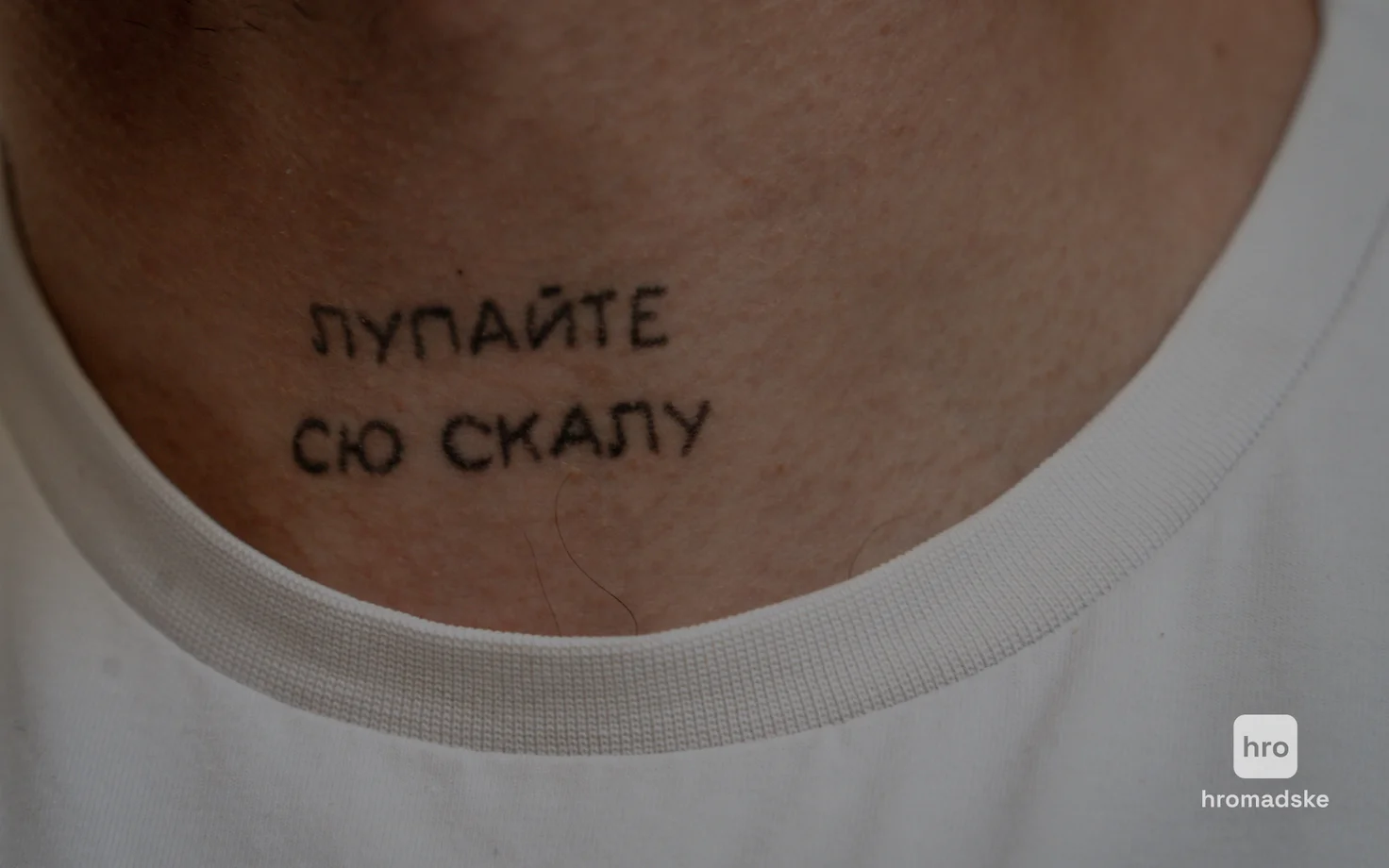
Tattoos on Kostiantyn’s body
Ivan Samoilov / hromadske
From attacks to gradual acceptance
Nataliia, manager of the organization Insight Zaporizhzhia, has similar feelings. She recalls the reaction their actions used to provoke and notes that the degree of aggression has significantly decreased:
“In 2016-2017, we held equality festivals. One day we just got a phone call and were told about a bomb threat. And in 2017, about a hundred teenagers came to our event. They were so aggressive, shouting everything they could. They came with flares and started attacking the participants of the event. The police could not even cope with them, because there was an incredible number of them. However, they came to the event on purpose… Two girls, an official and adults who were caught in the crowd were injured. It was terrible. Now I do not notice such radical harassment in the city, but it is obvious that the war does not support progressive development in such stories.”
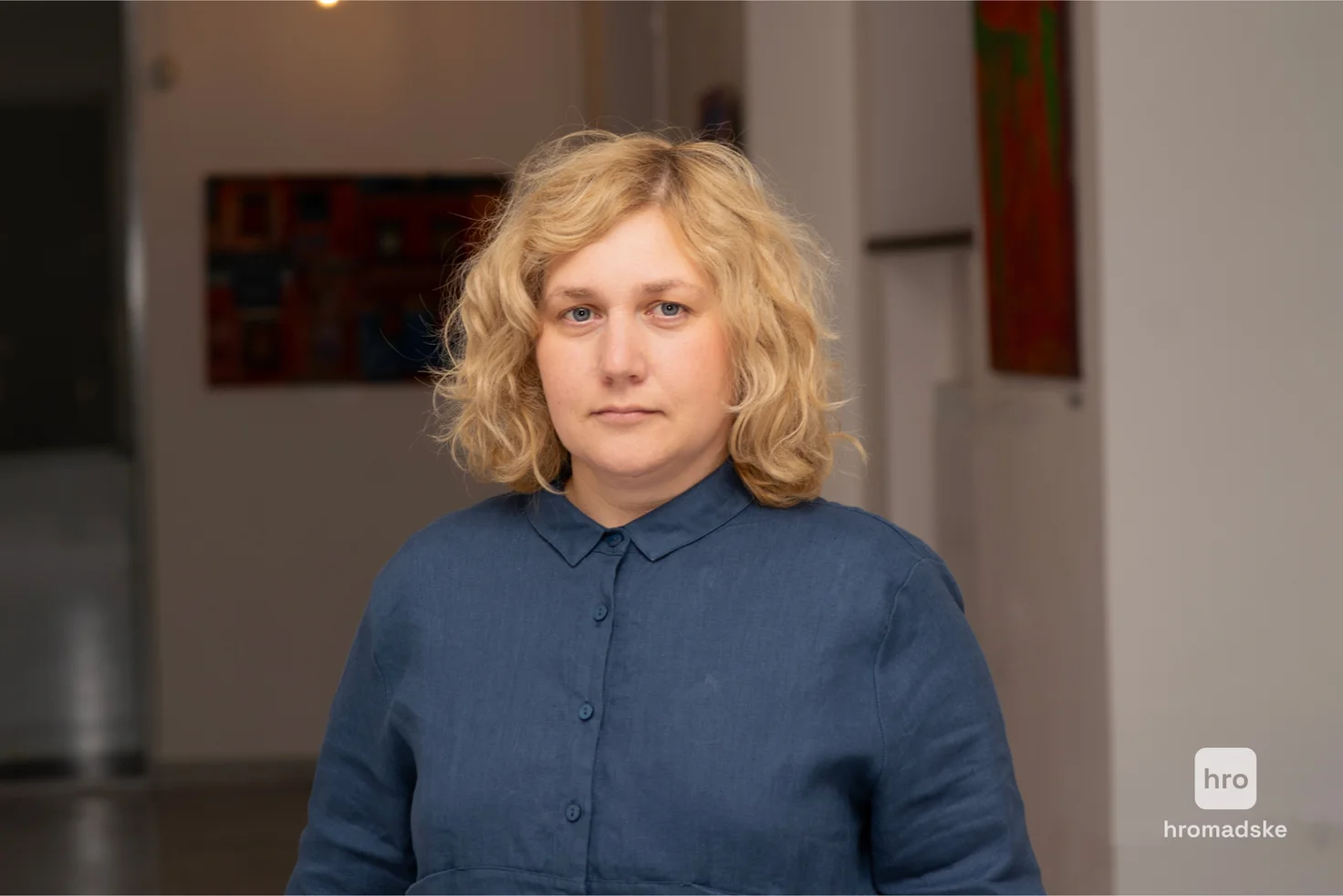
Nataliia Lobach, manager of the organization “Insight Zaporizhzhia”
Valeriia Konstantynova / hromadske
Yan is a transgender boy and feminist (pronoun he — ed.), and the coordinator of the Zaporizhzhia branch of the Insight organization.

Yan is a transgender boy and feminist, as well as the coordinator of the Zaporizhzhia branch of the organization Insight.
Valeriia Konstantynova / hromadske
He explains how and whom they support:
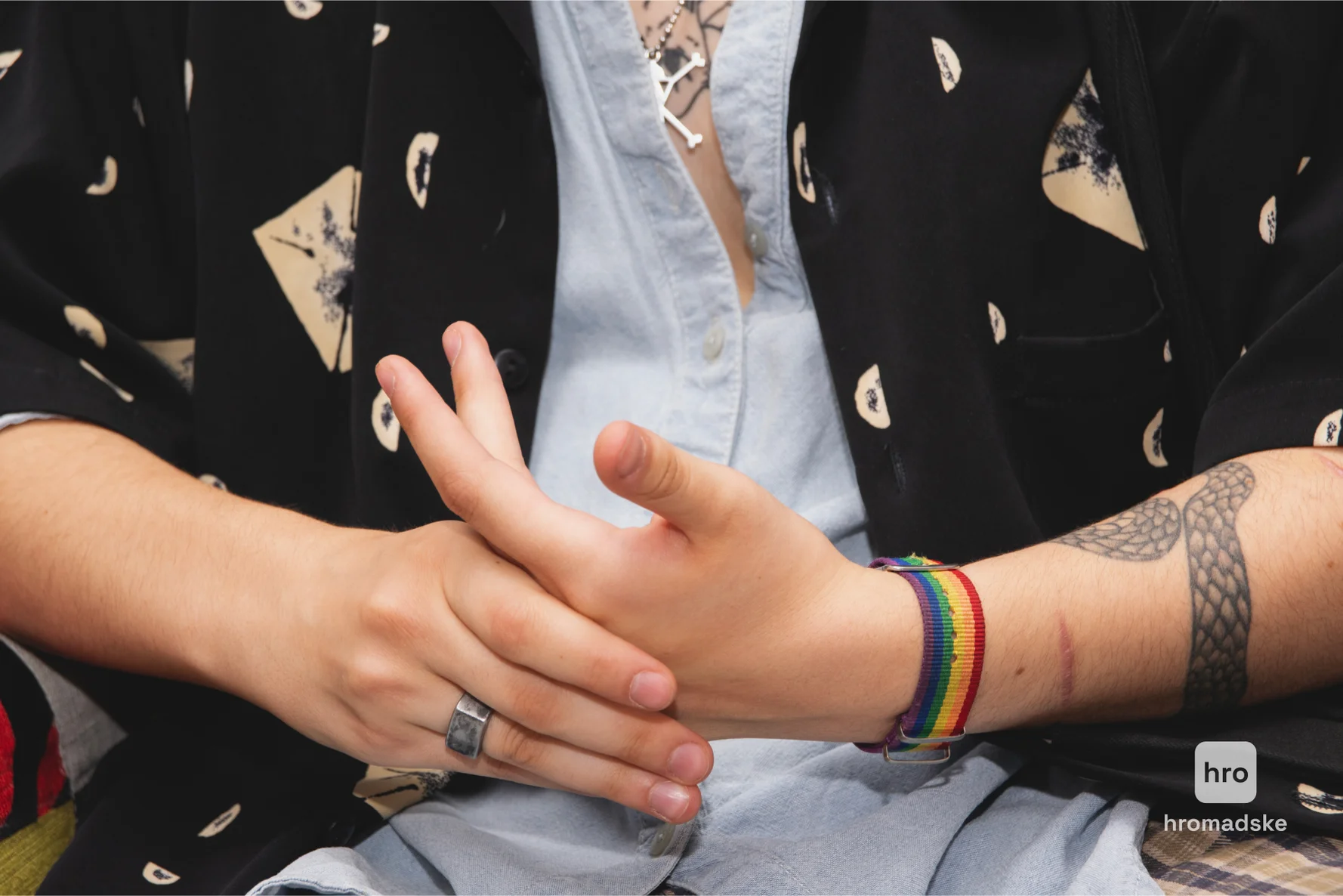
Yan
Valeriia Konstantynova / hromadske
“Psychological support is an extremely important element of our work. We also provide humanitarian aid to people in need. We provide hormonal drugs to transgender people free of charge. This is very supportive, because such drugs are expensive and not everyone has the opportunity to buy them. And there are cases when they have no money at all.”
Contacts of the above organizations:
Insight Zaporizhzhia on Instagram
Read more from the Issue
Nothing Found
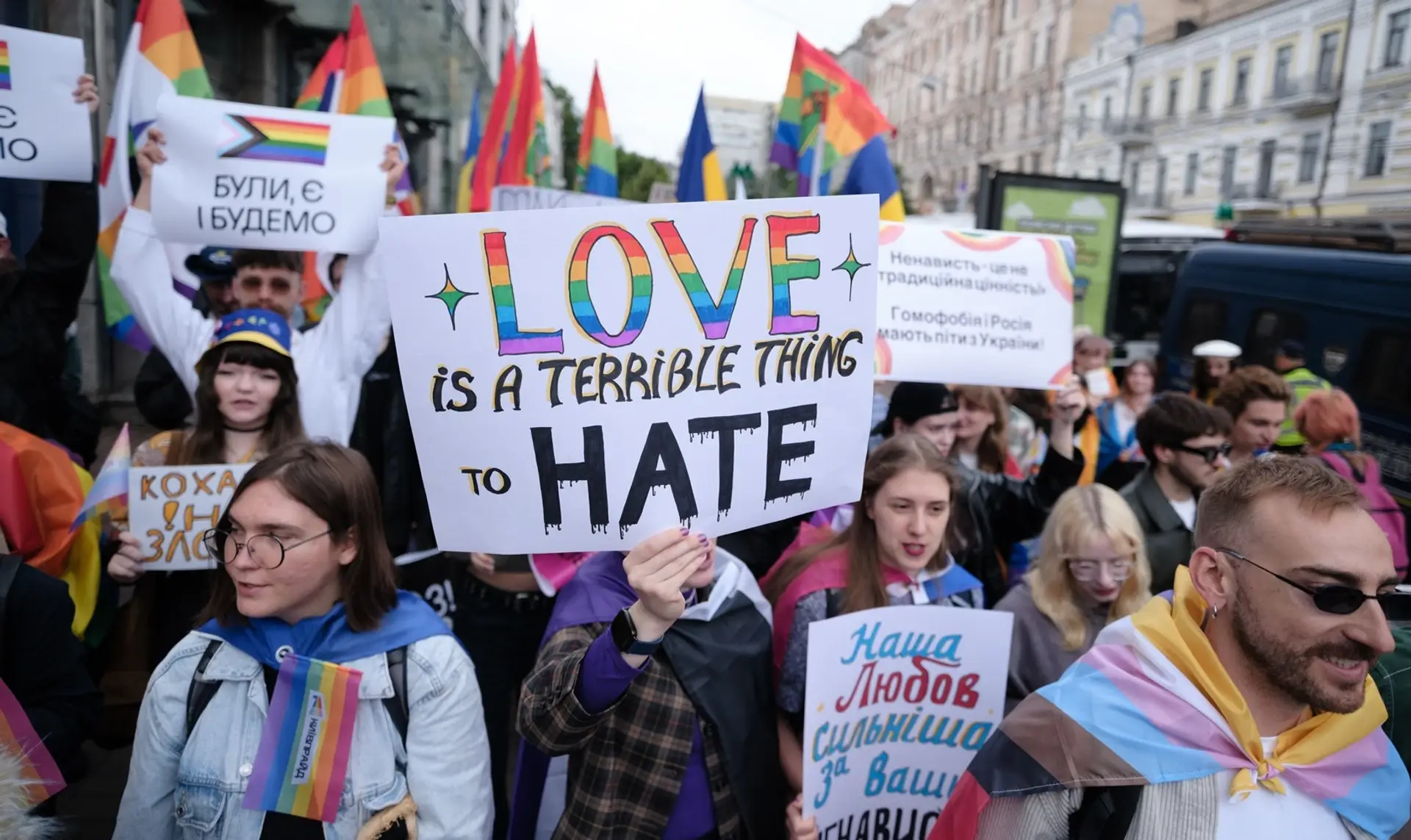
Criminalized and Invisible: The Long Fight of Queer Ukrainians

Conversion Practices in Germany: Violence in the Name of God

Valentyna Salon: Beauty Practices of the Ukrainian Queer Community

“There is a lot of shame in our community”
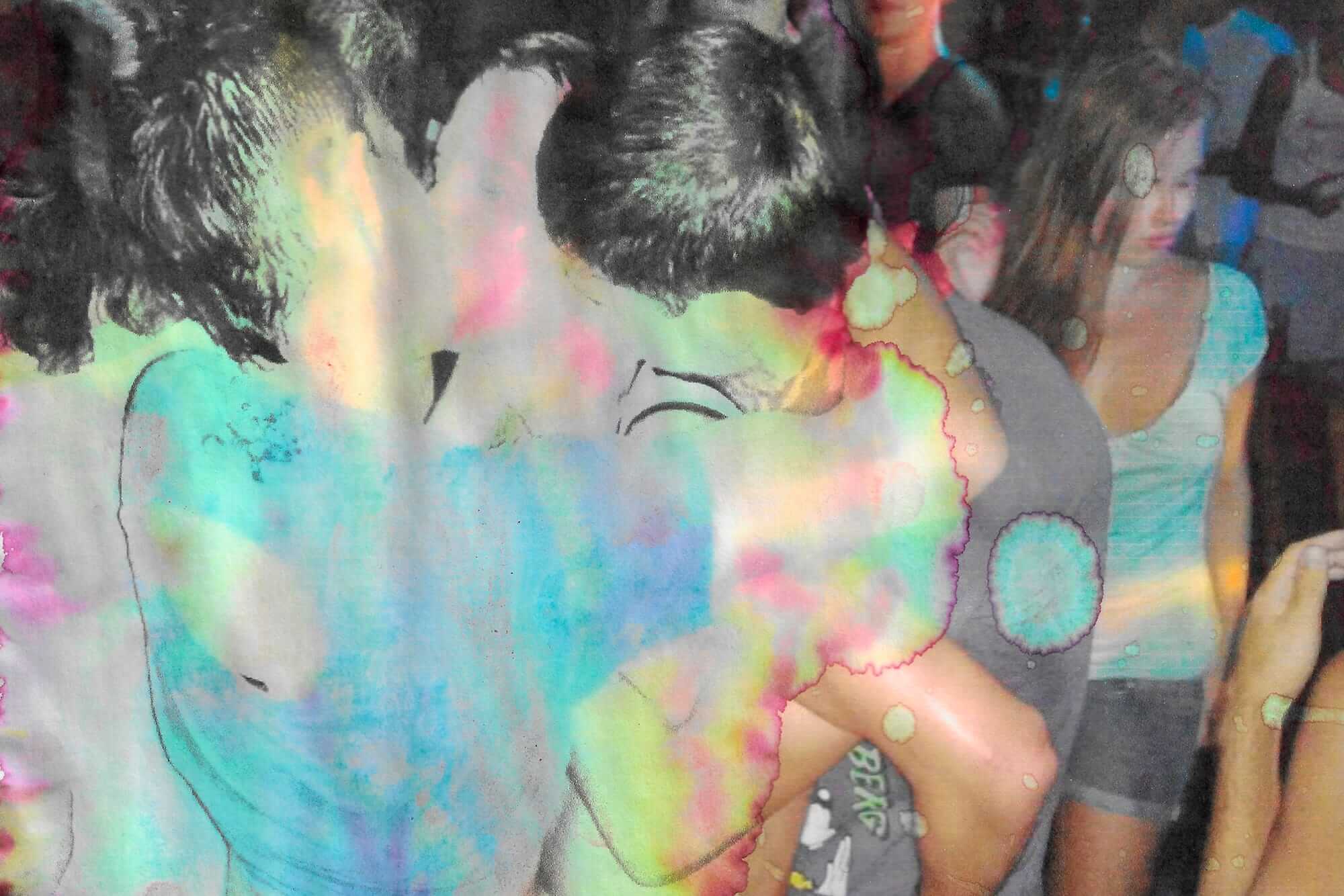
How Ukraine’s Queer Artists and Activists are Safeguarding LGBTQIA+ Memory in Wartime

Eastern Queerope Belarus: Stories of Resistance, Repression, and Cultural Renewal
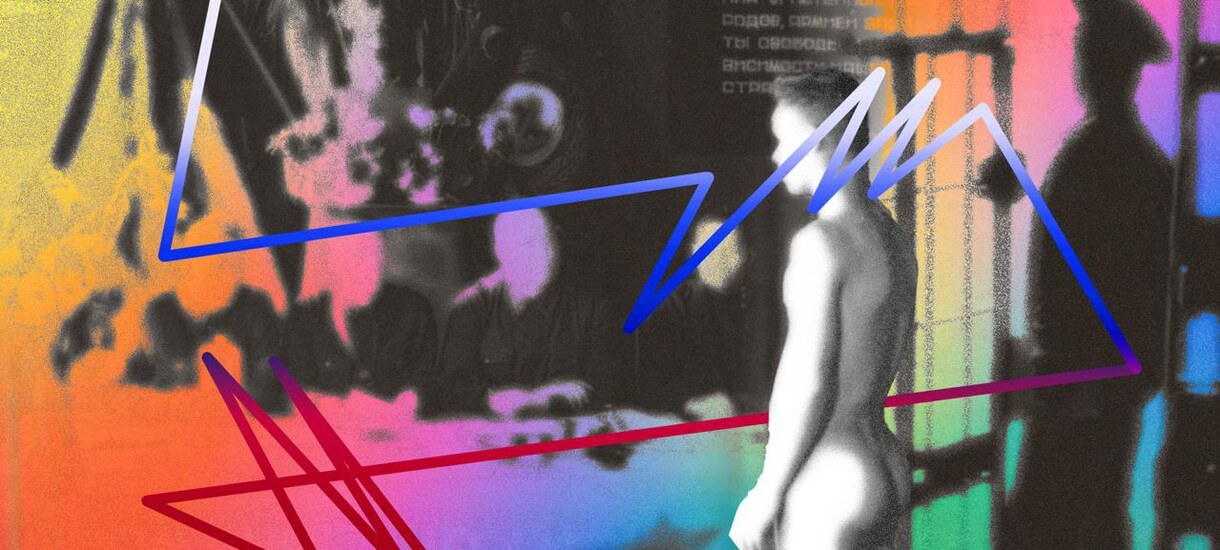
Homophobia at the Core of Putinism’s Ideology

Strange Embrace: Paradoxes of Homosexual Desire in the Third Reich

Beauty as a Shelter: Ukrainian Women Rebuild Their Lives in Bucharest’s Salons

Angels from the East

Passing the Paintbrush: Historic Queer Jewish Artists in Berlin

Searching for Oneself at Random: How LGBTQI+ Communities Emerged in the Donetsk Region, 1991-2014

“I Have Nothing to Hide”

When We Stopped Hating Ourselves: Gay Life Under Persecution In Poland And Germany

How Queer Soldiers Shape Ukraine’s Defense And Future

Unsafe in The Country of Origin

The Bible, Putin, AfD: Four Misanthropic Myths to Abandon

Queer Resistance in Ukraine: Between War and Disinformation

No Safe Place

“A Place You Can Always Come To”: Shaping Polish Diasporic Queer Communities in Germany

Asylum Discourse: What Are “Safe” Countries of Origin for Queers?
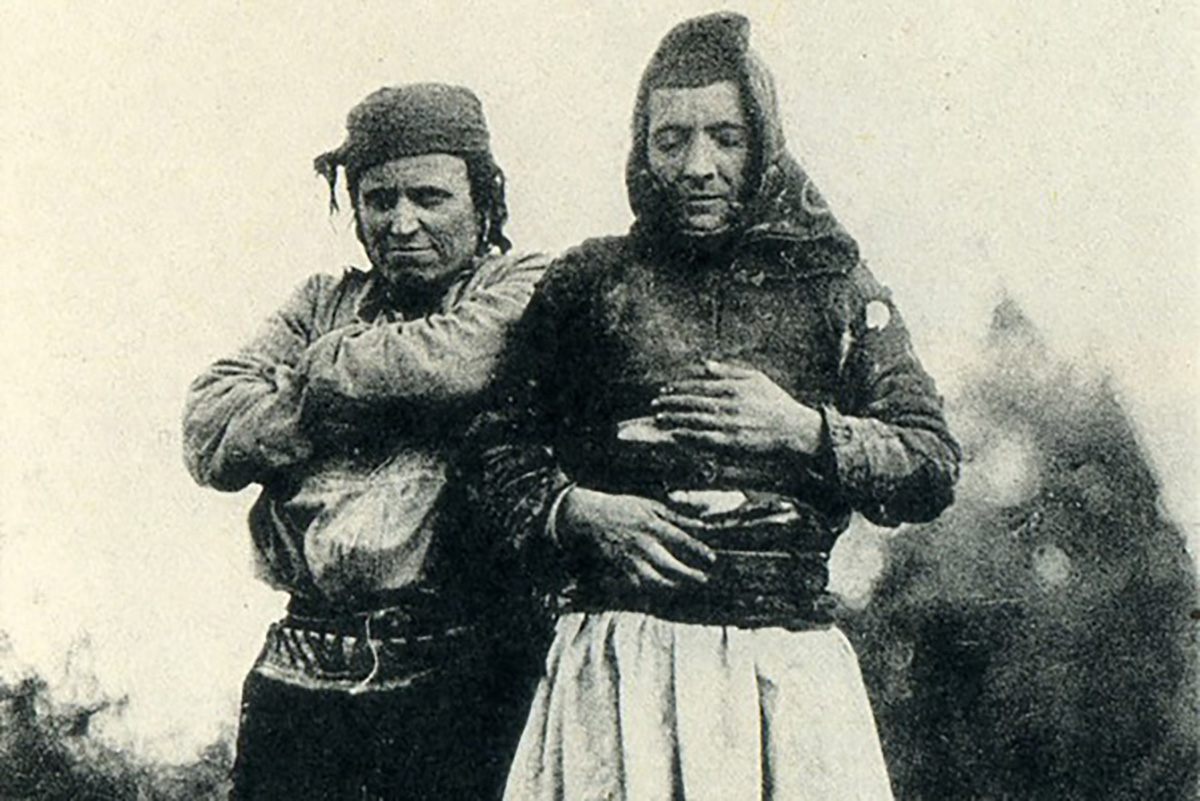
19th Century ‘Friendships’ to 90s Drag: Eastern Queerope Returns
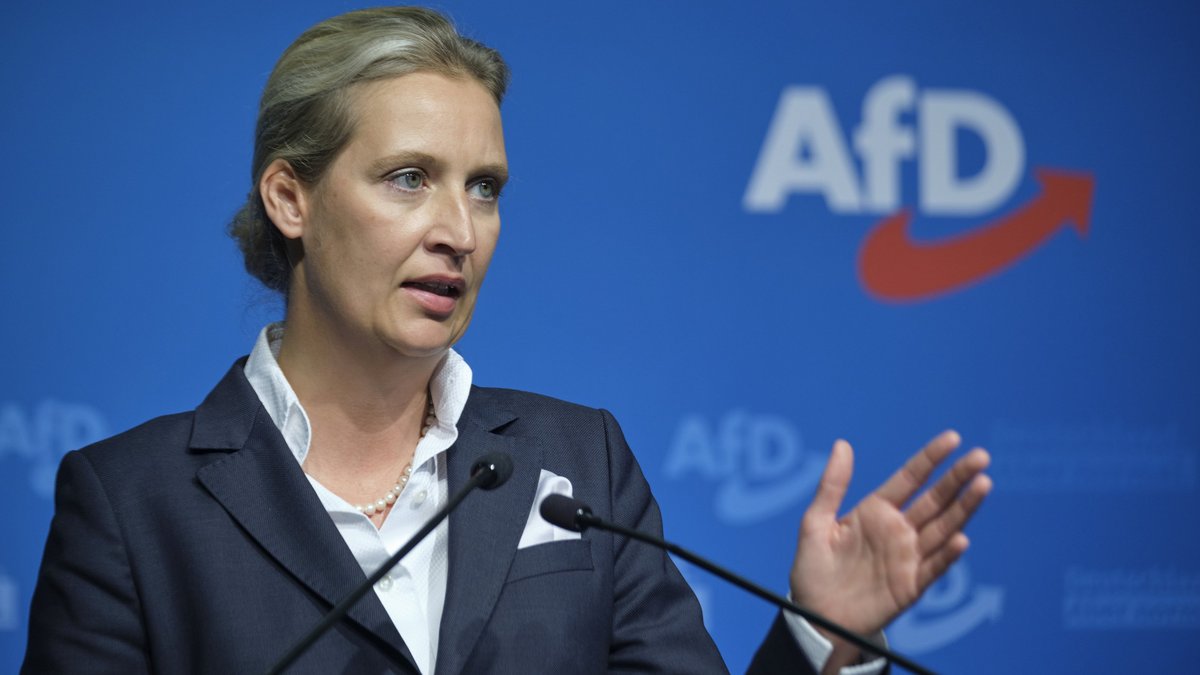
Queer Fronts
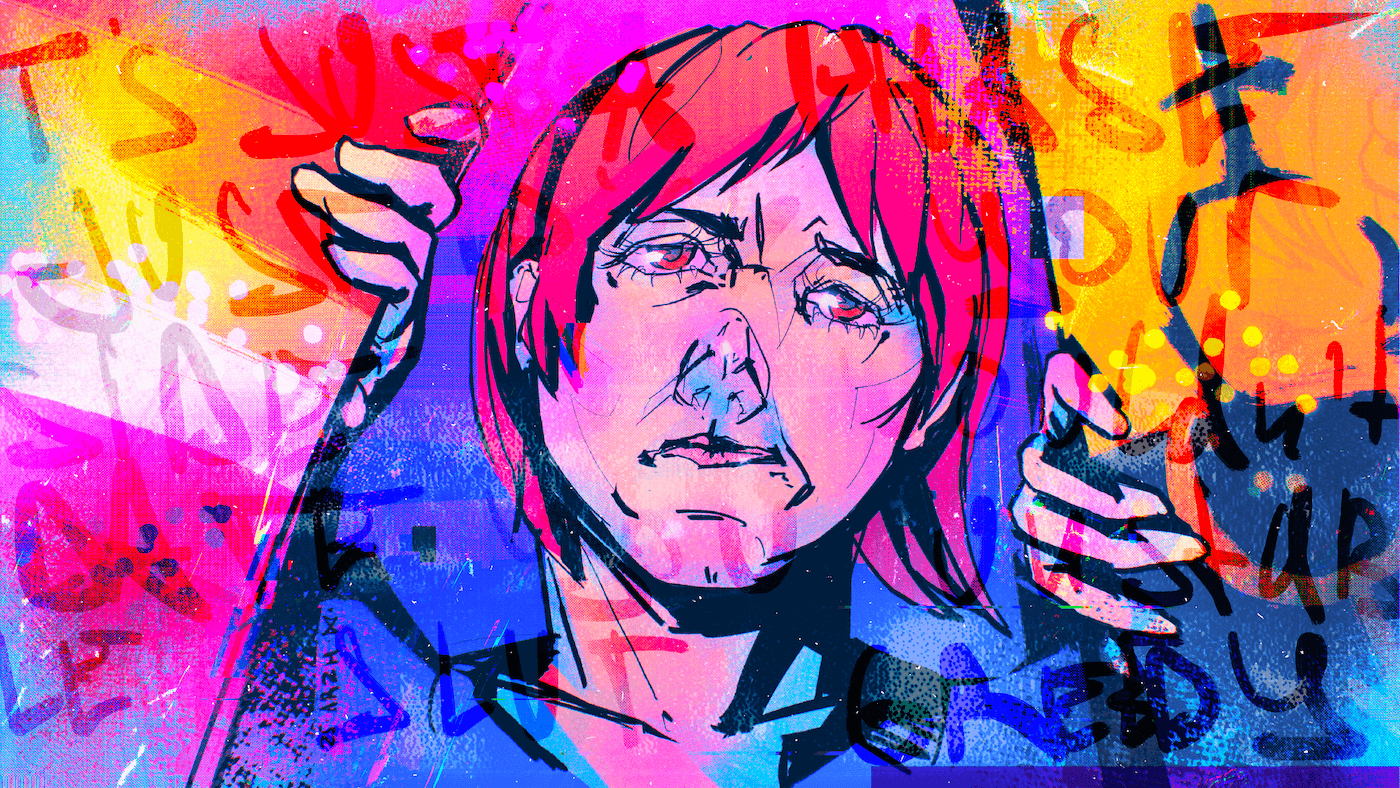
Moving Stories: LGBTQIA+ Ukrainian Refugees
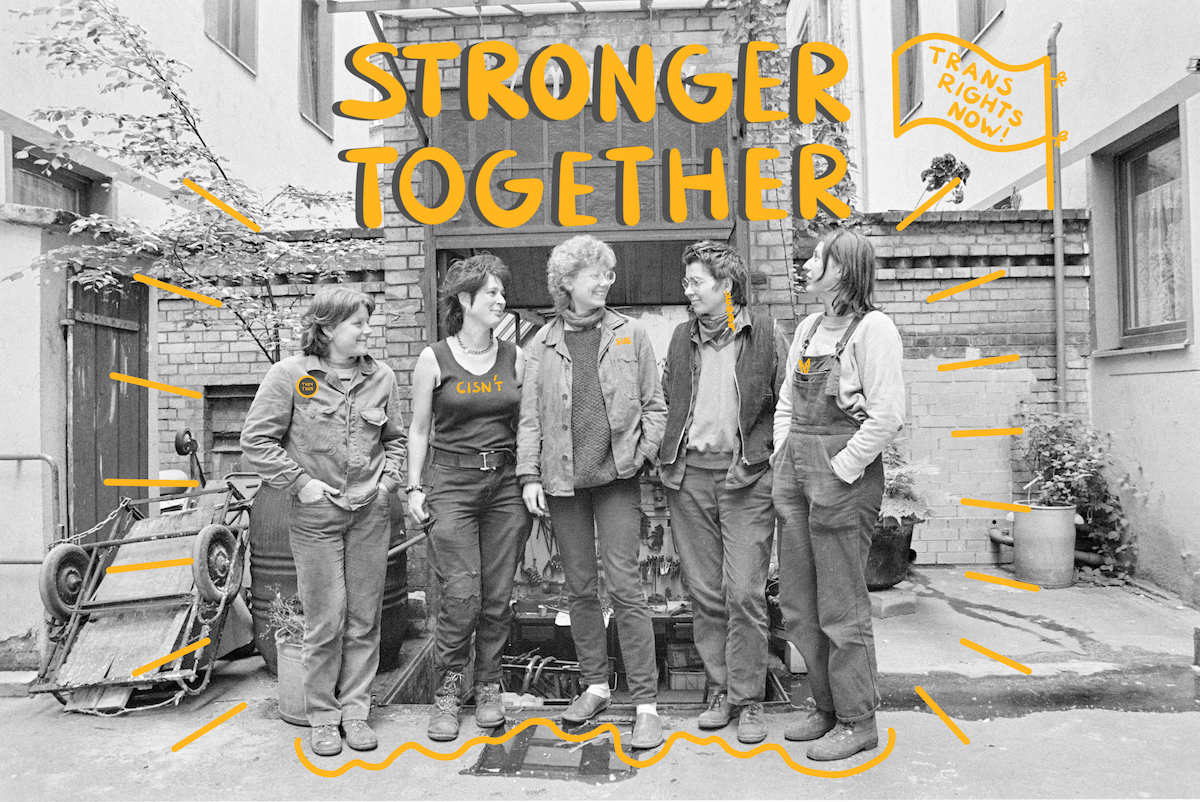
Beyond the Binary
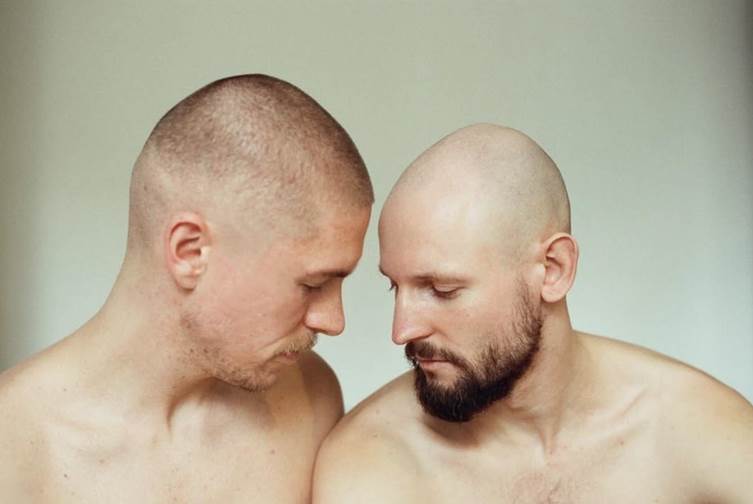
Queer Rights and Marriage Equality Under War, Authoritarianism, and Democracy
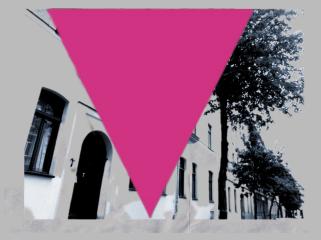
Gaps in Remembrance – Queer Biographies during National Socialism
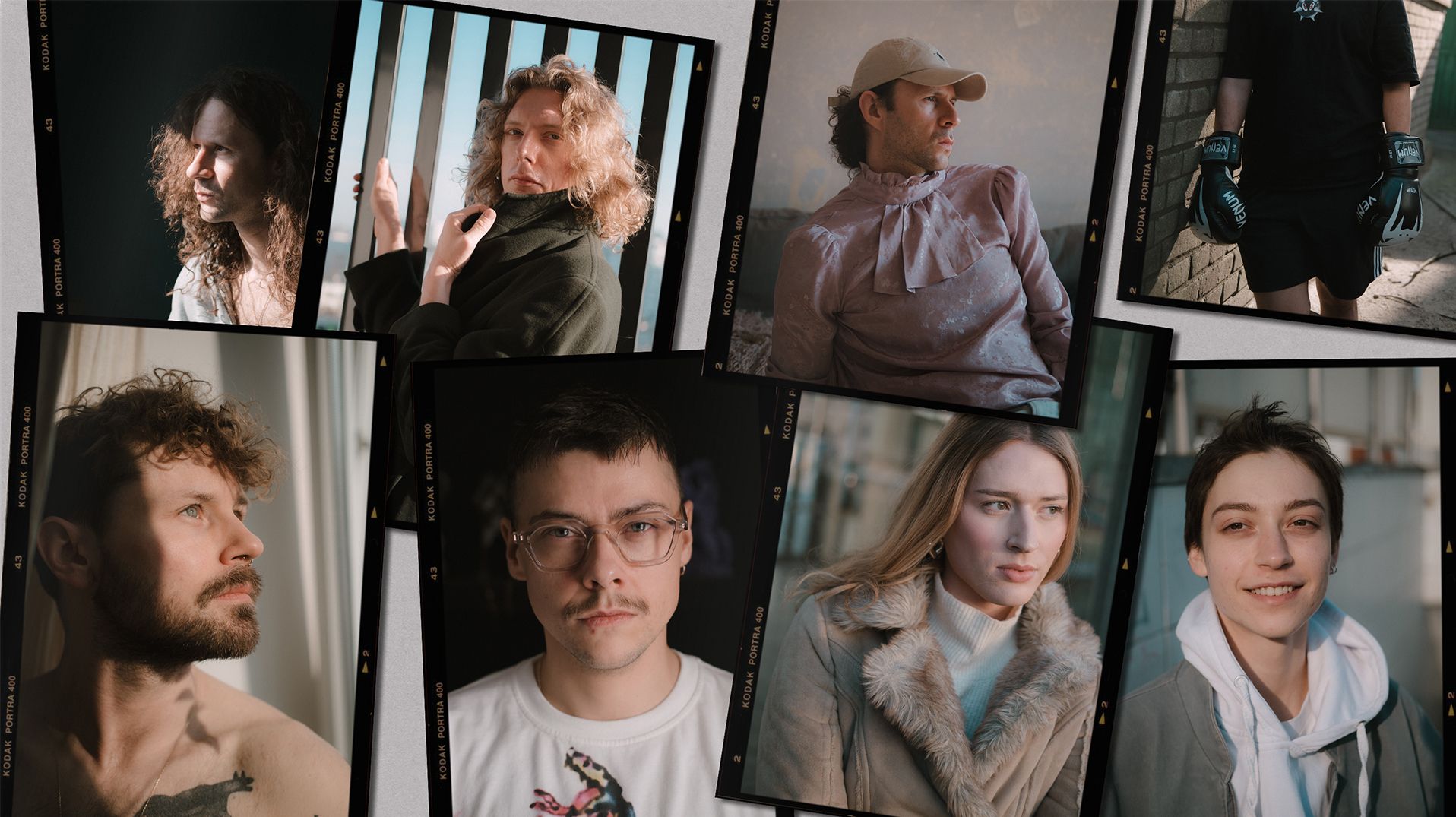
Queer and Trans People Have Always Been Here. These Are Their Stories
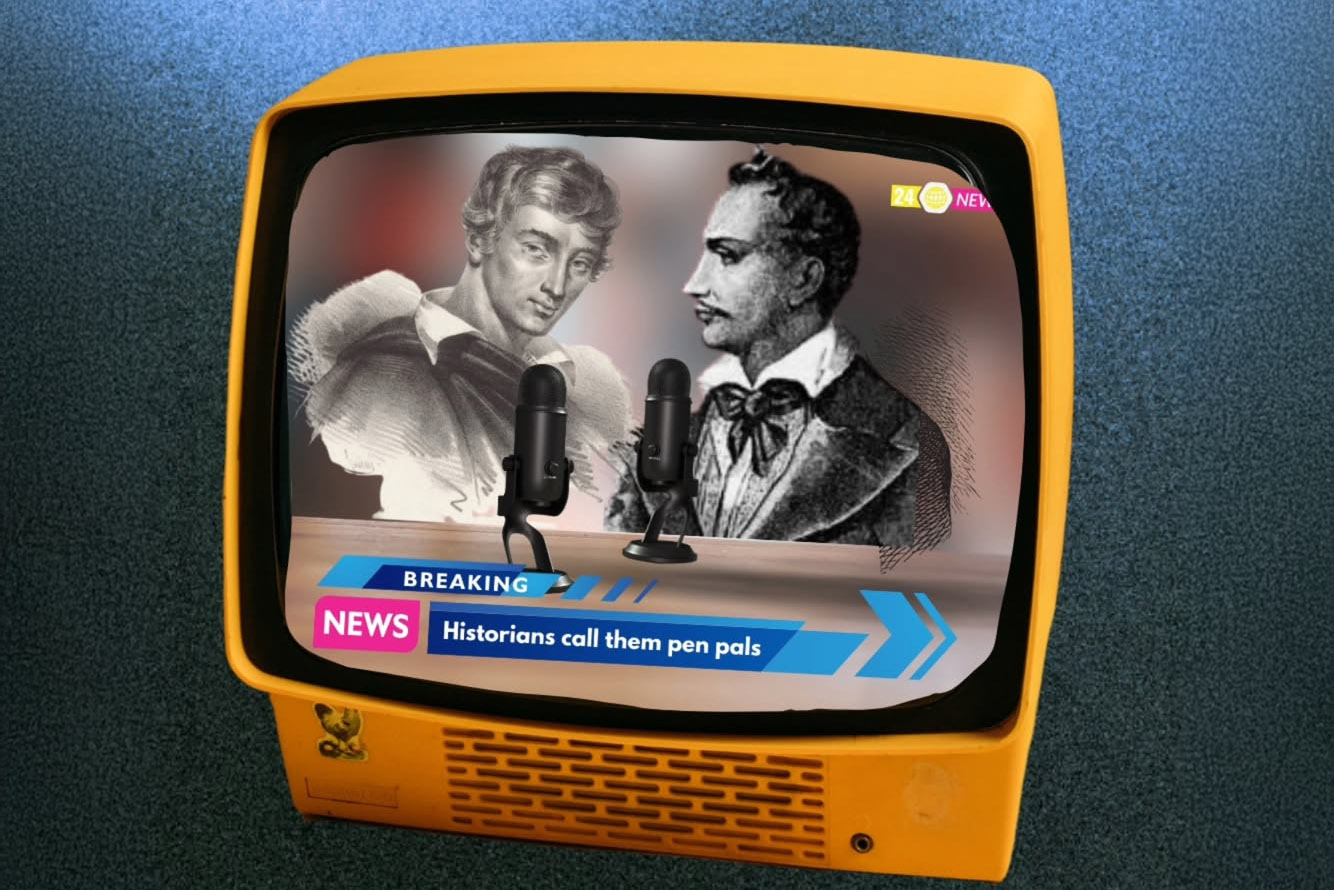
New Stories from Eastern Queerope
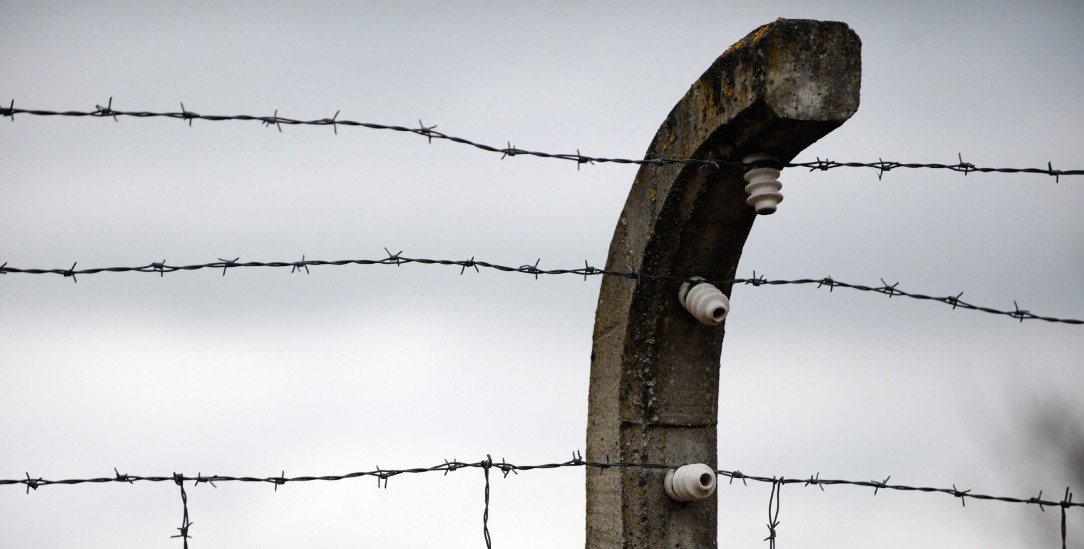
The Prisoners with the Pink Triangle
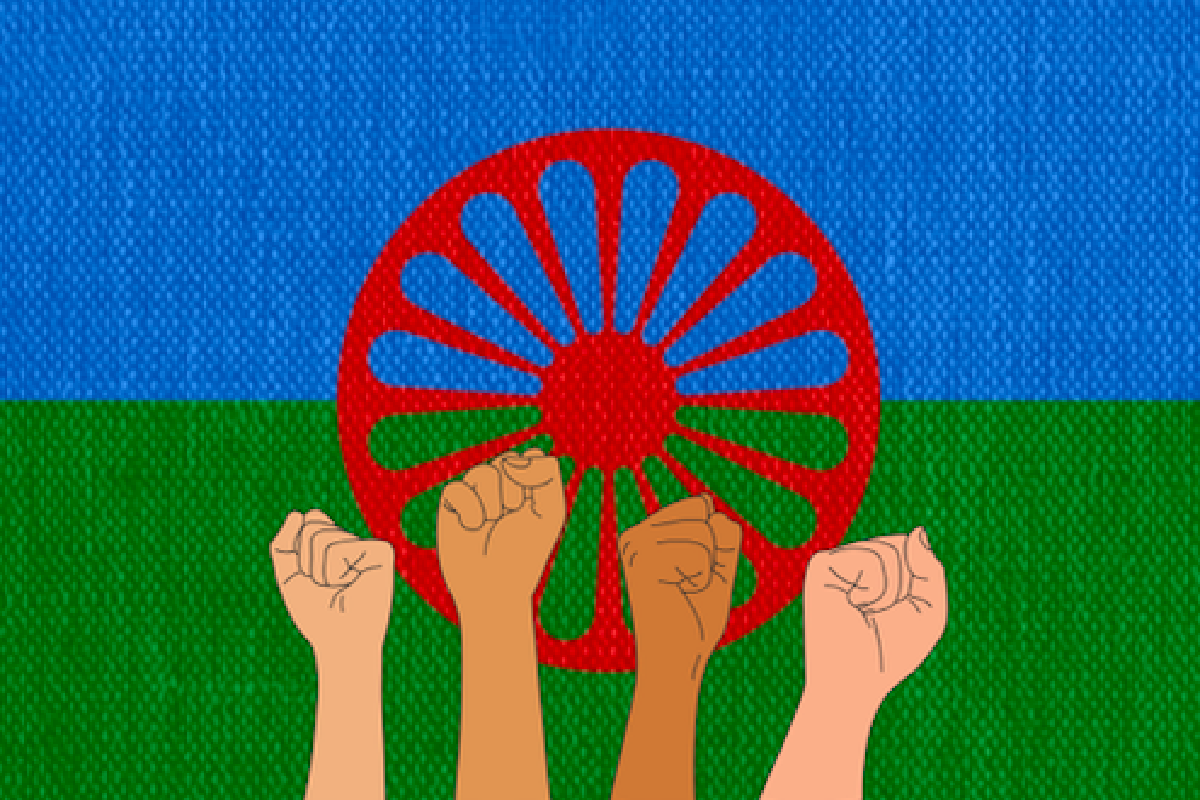
Queerly Beloved: Romani Resistance Through the Ages
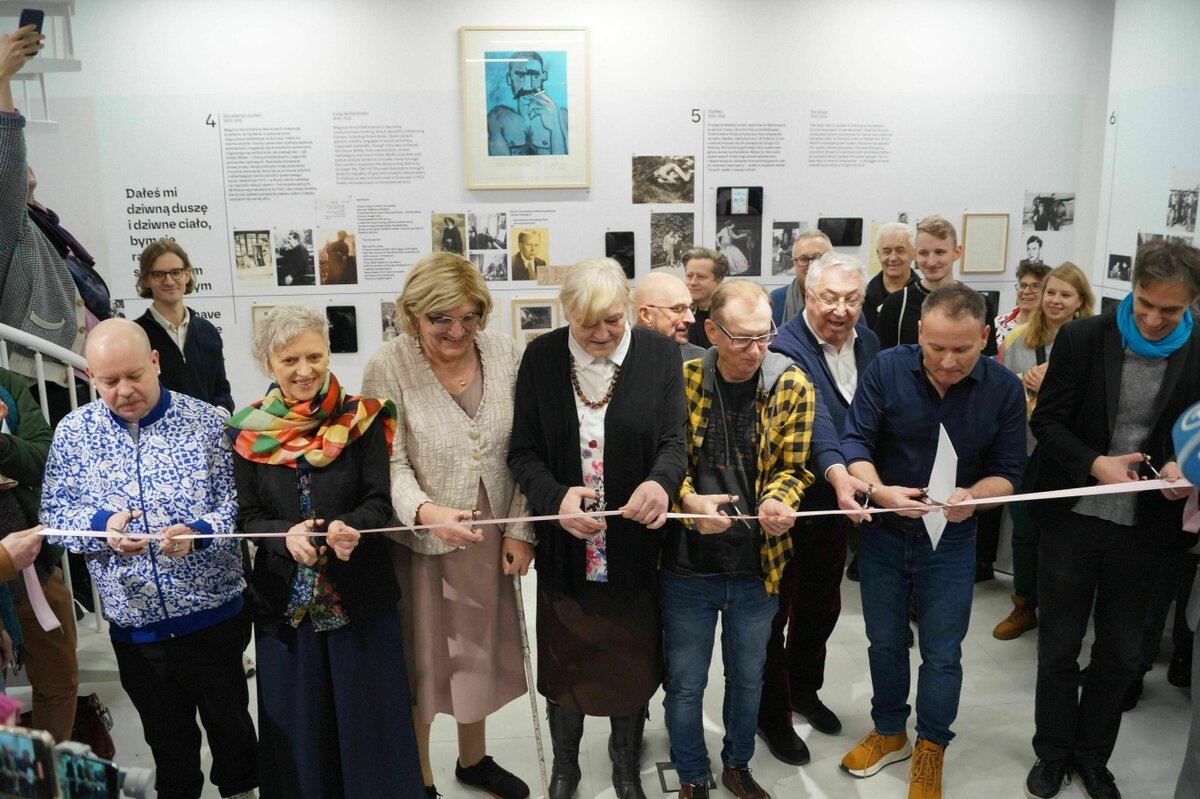
Intertwined Queer Stories: First LGBTIQ+ Museum in Eastern Europe
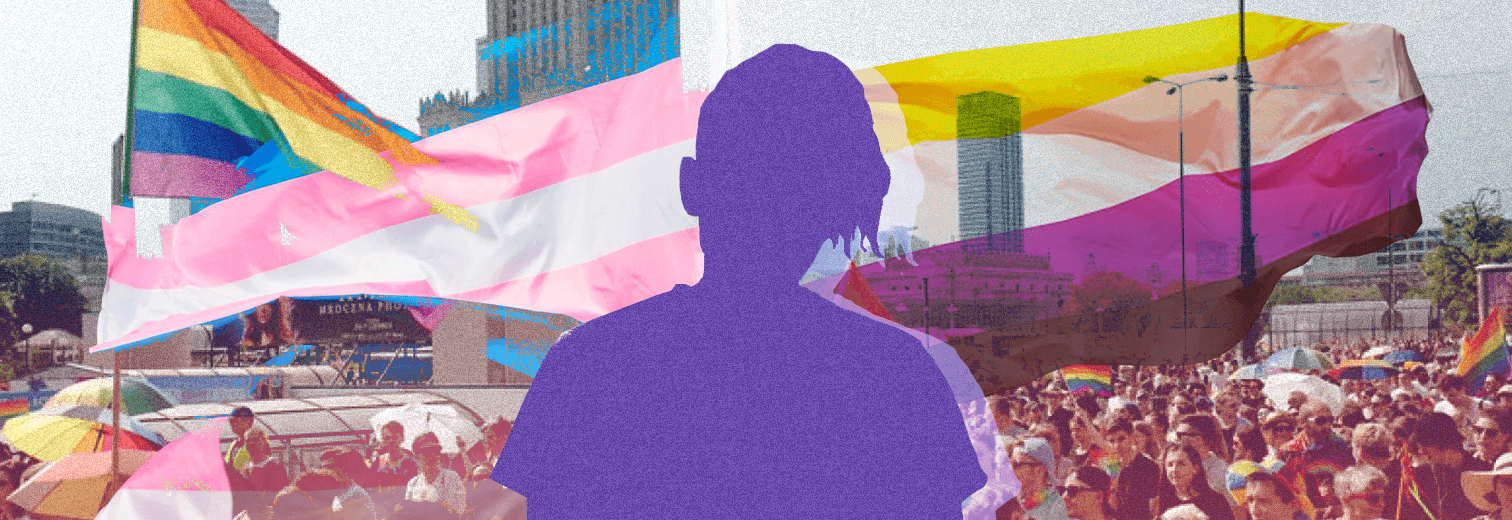
“The Smaller the Settlement, the Greater the Influence of Religion”: Belarusian Trans Non-Binary Activist in Poland
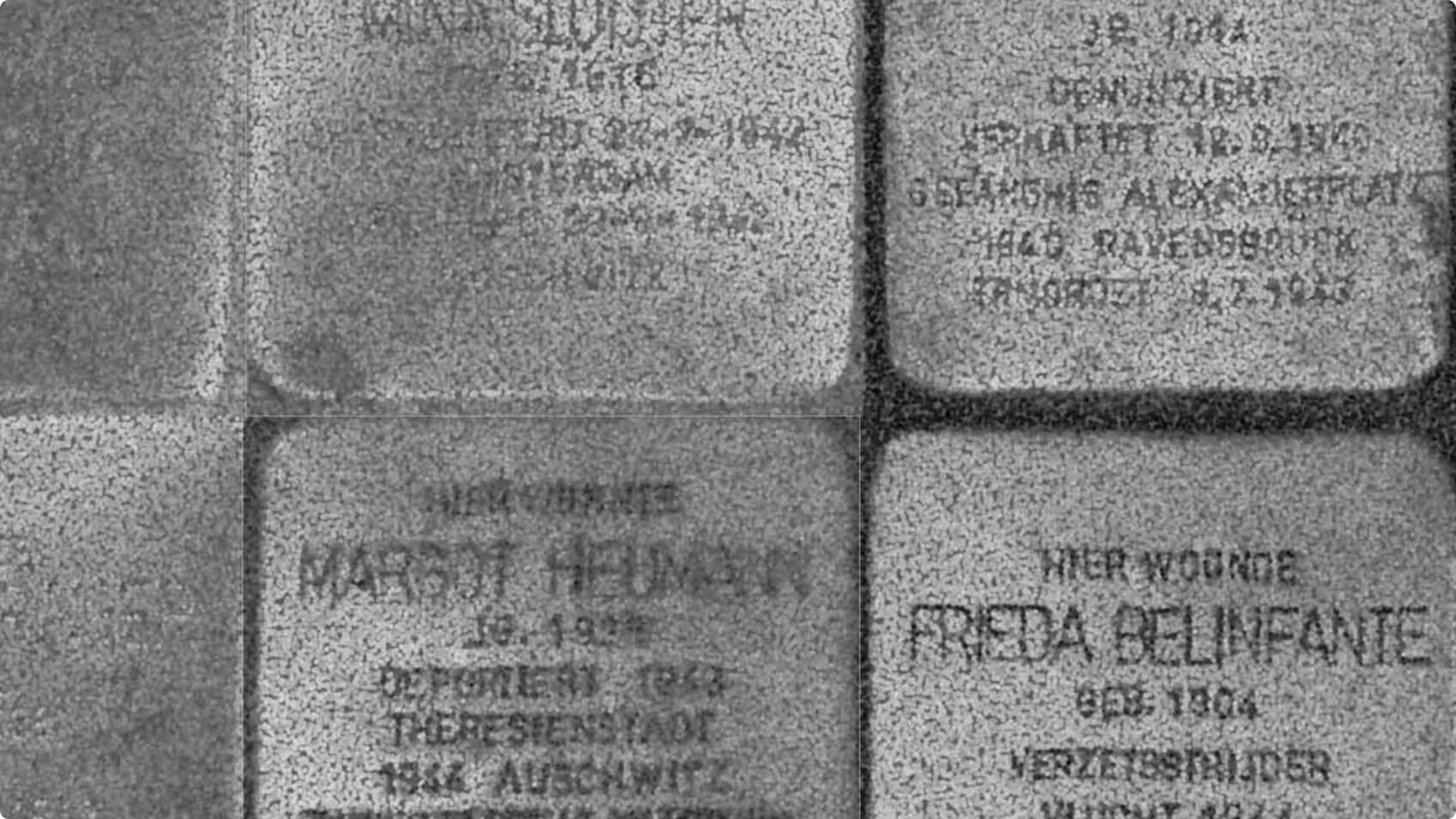
Queer Holocaust Voices – the Price of Silence
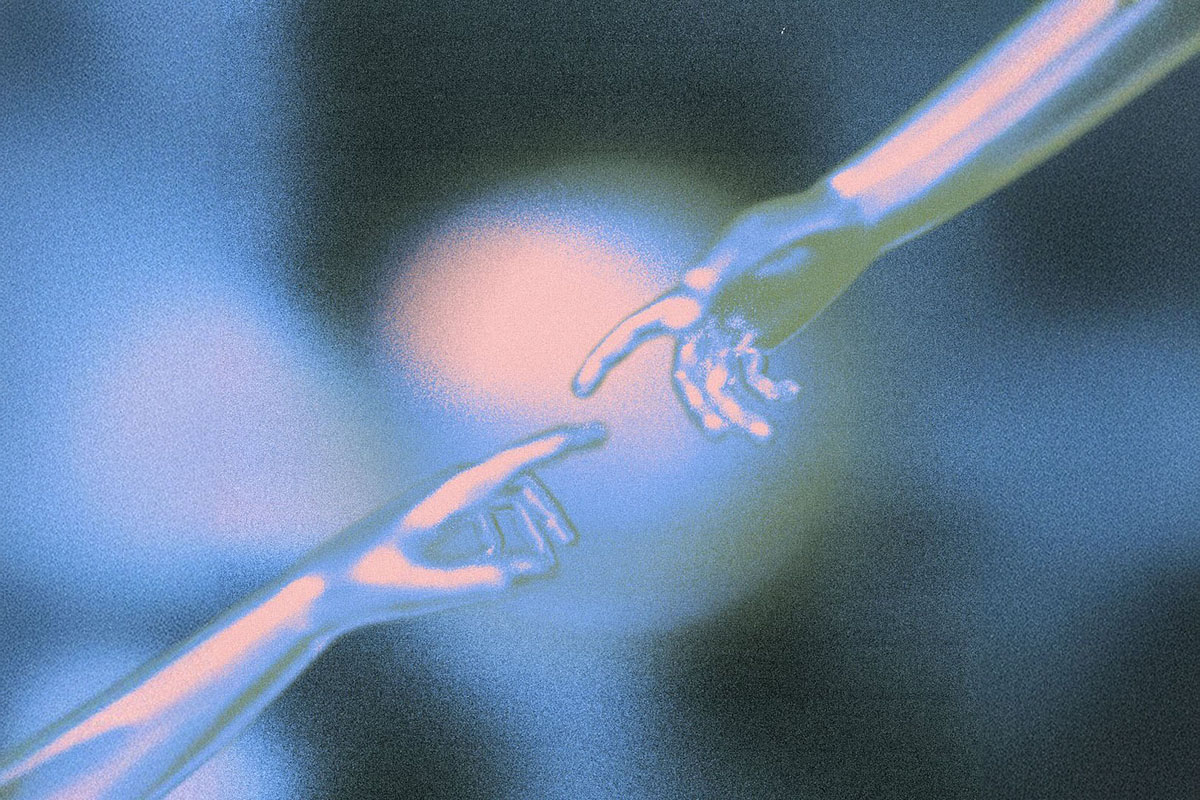
Forgotten Stories of Eastern European Queer Heroes
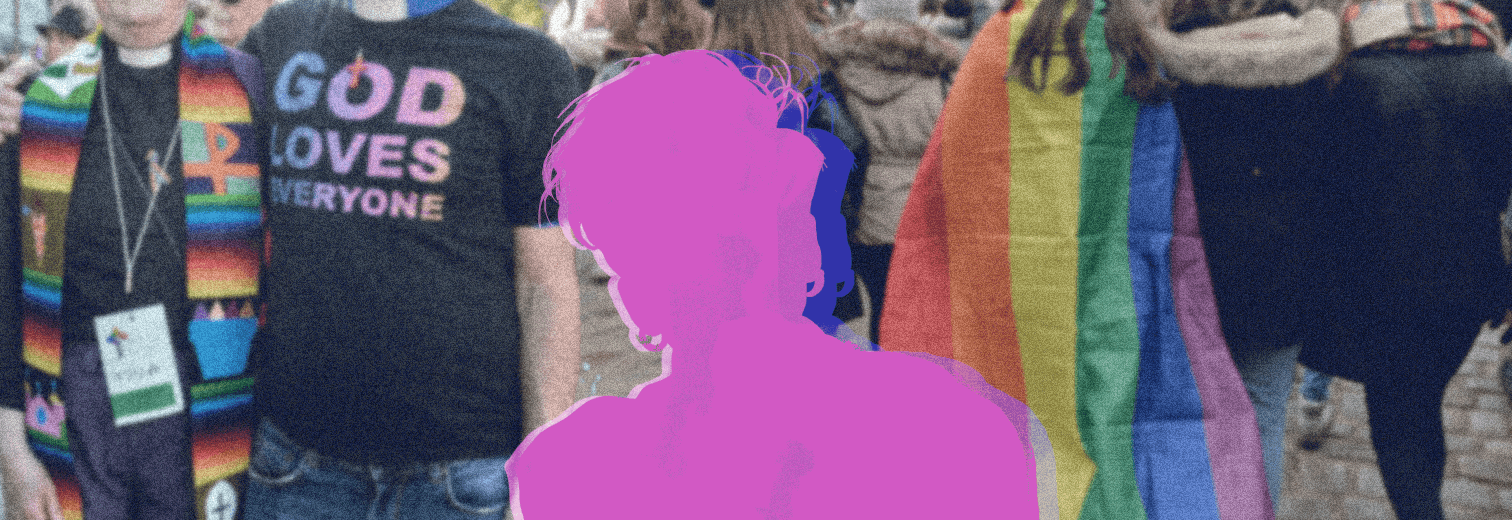
“I Accept Myself with All My Features”: Ukrainian Queer Person and Her Identity in Catholic Poland
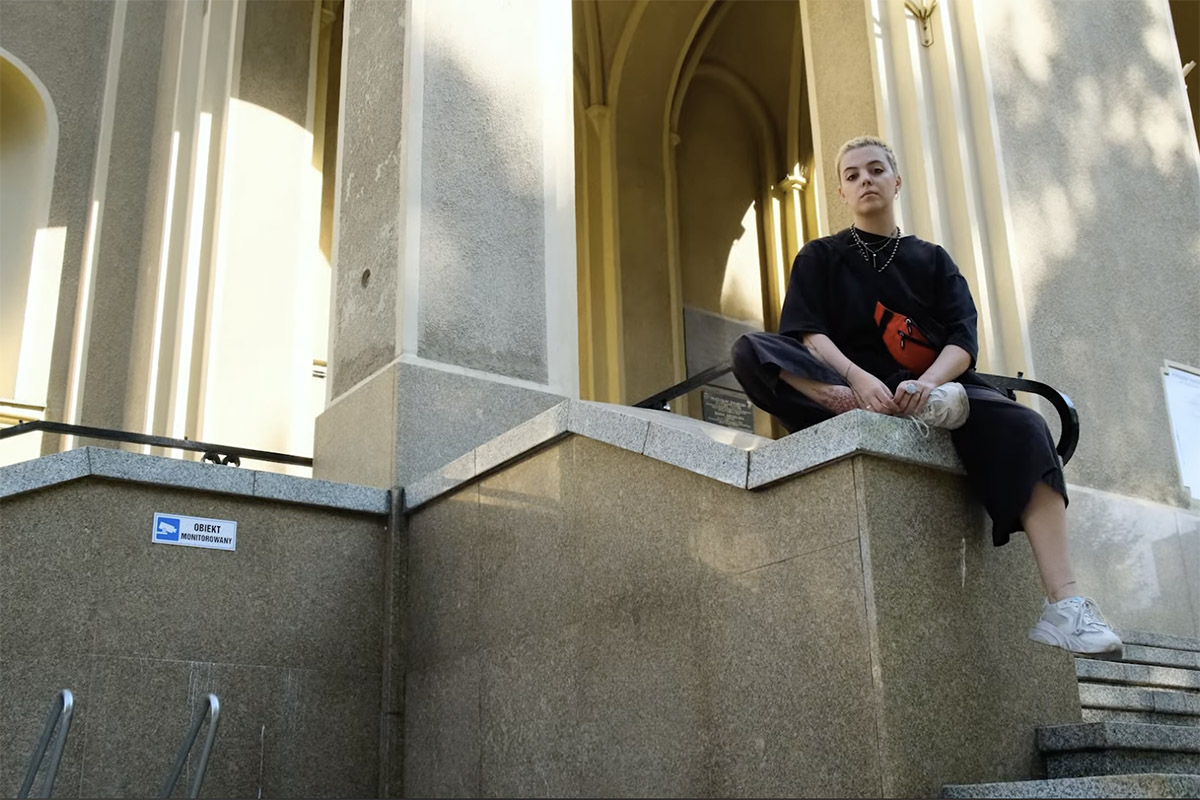
Belarusian on Bisexuality, Theatre and Emigration
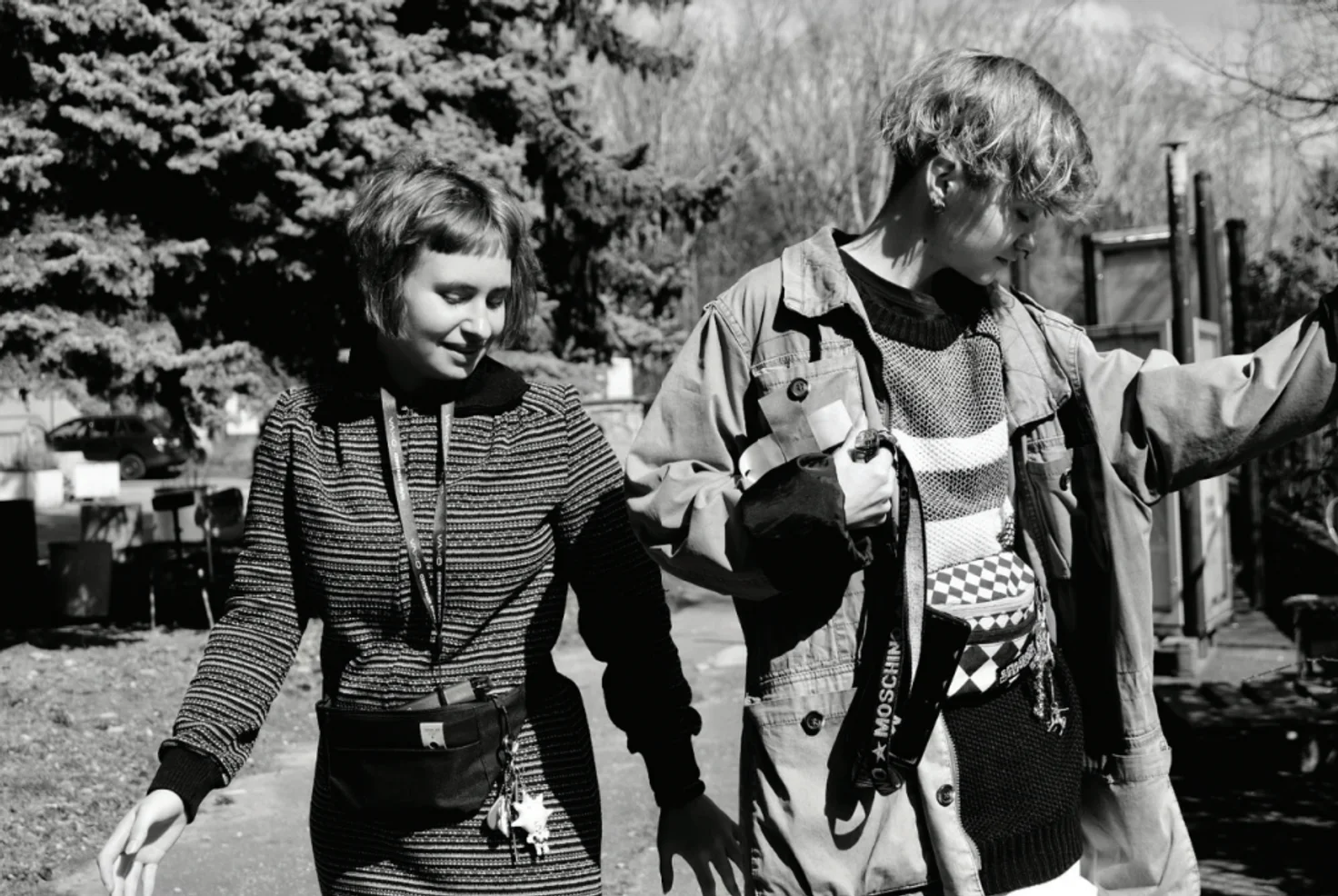
Shelters, Help and Support: How Uzhhorod Became a New Home for Queer People
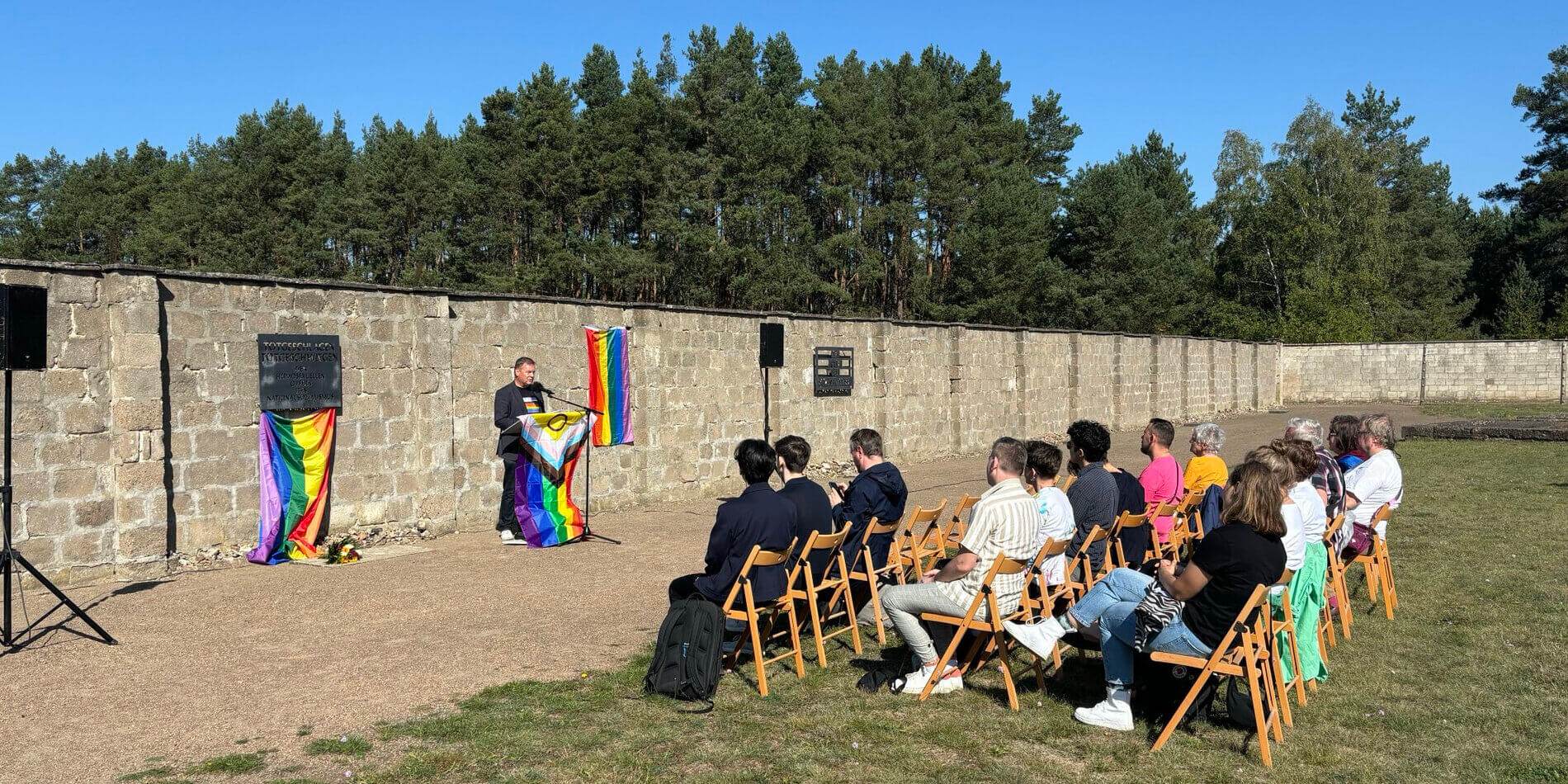
Diversity in Brandenburg: Queers Take a Stand
